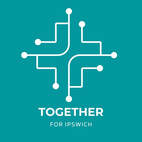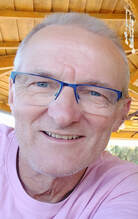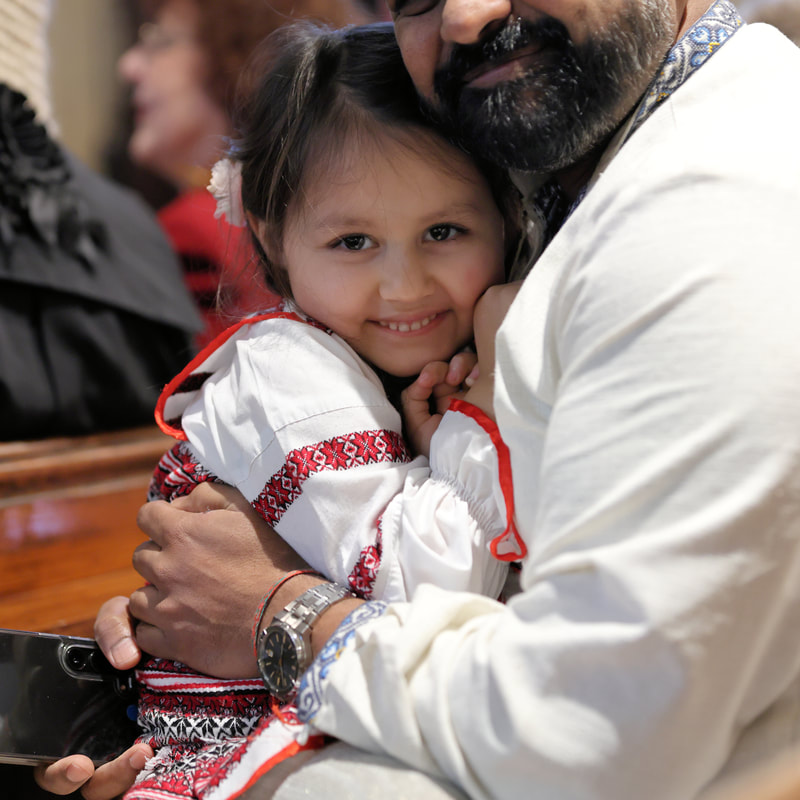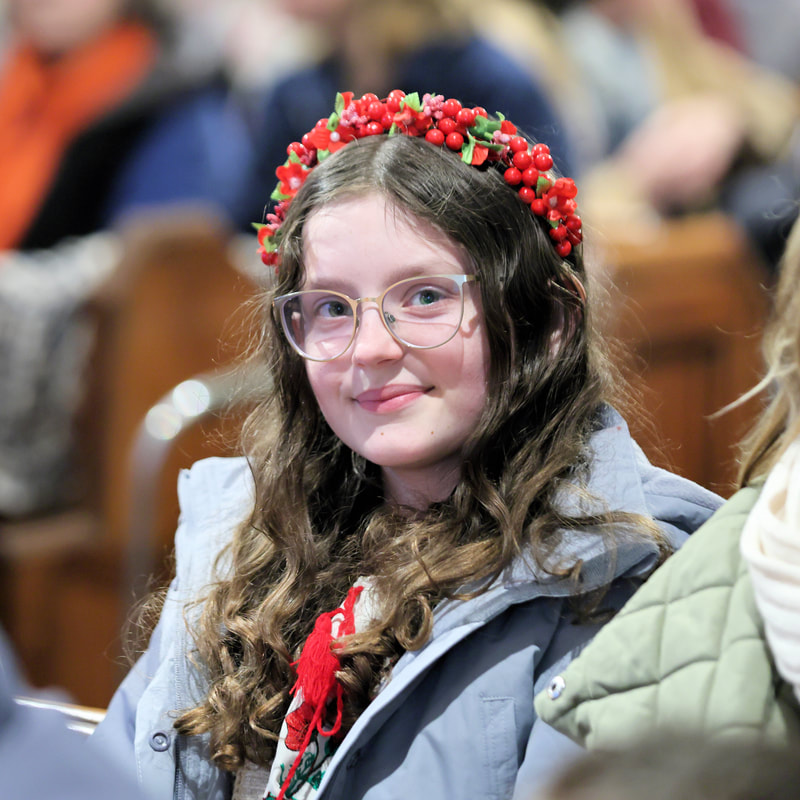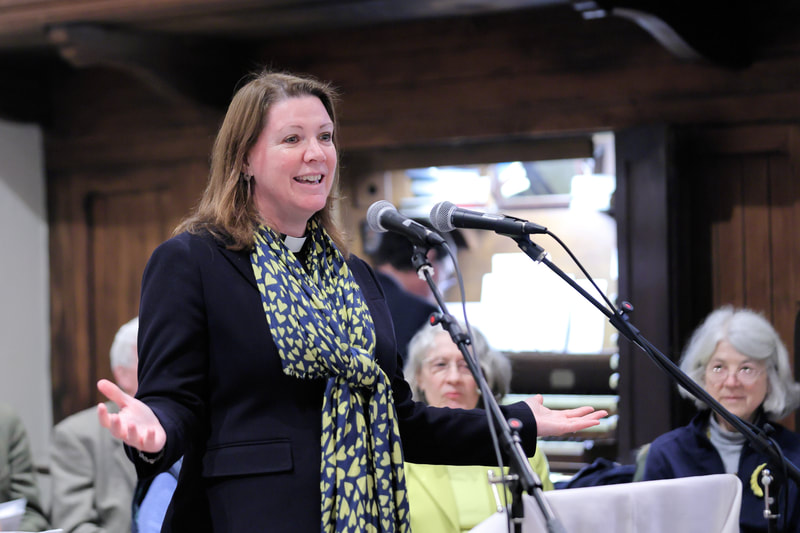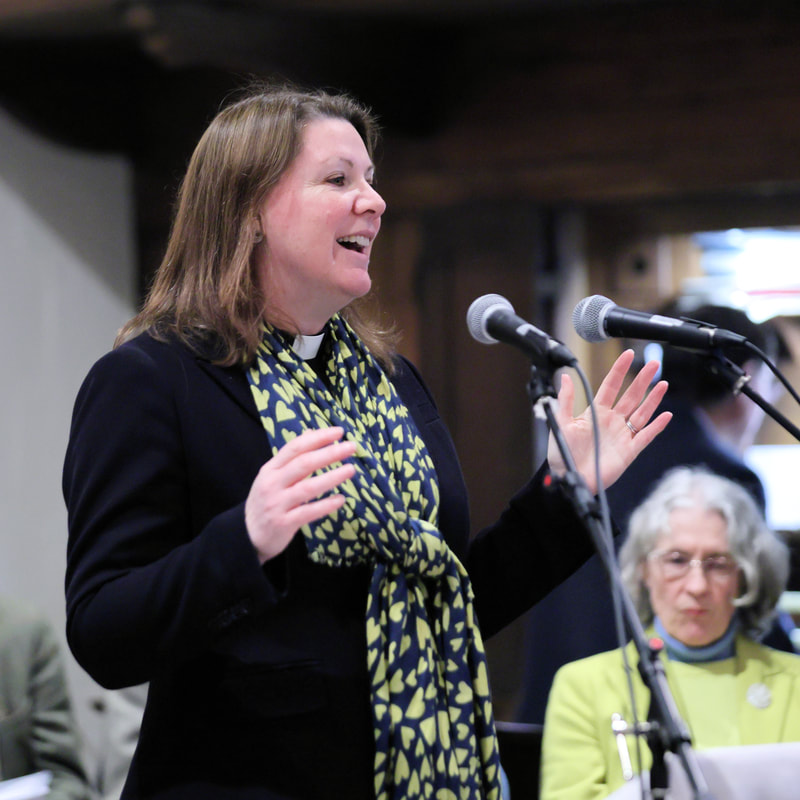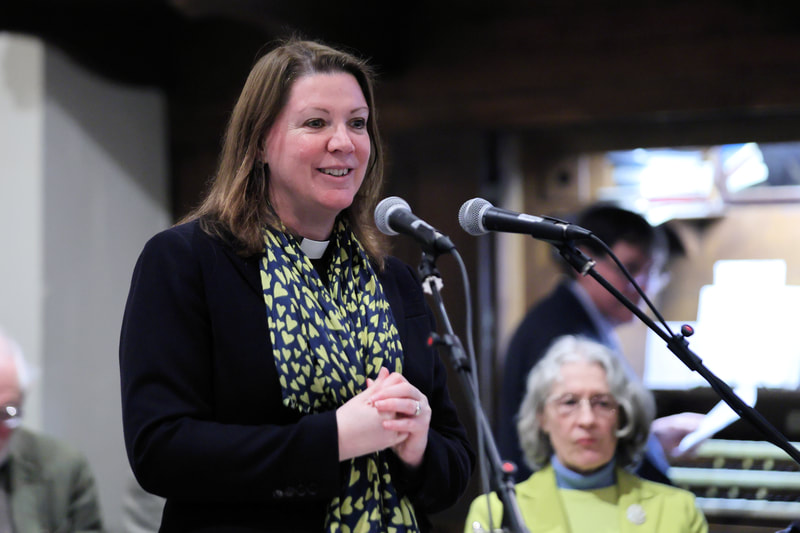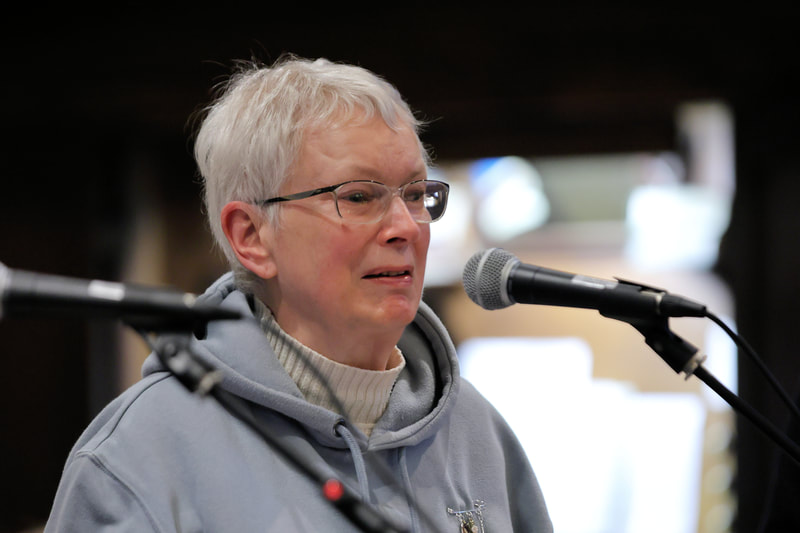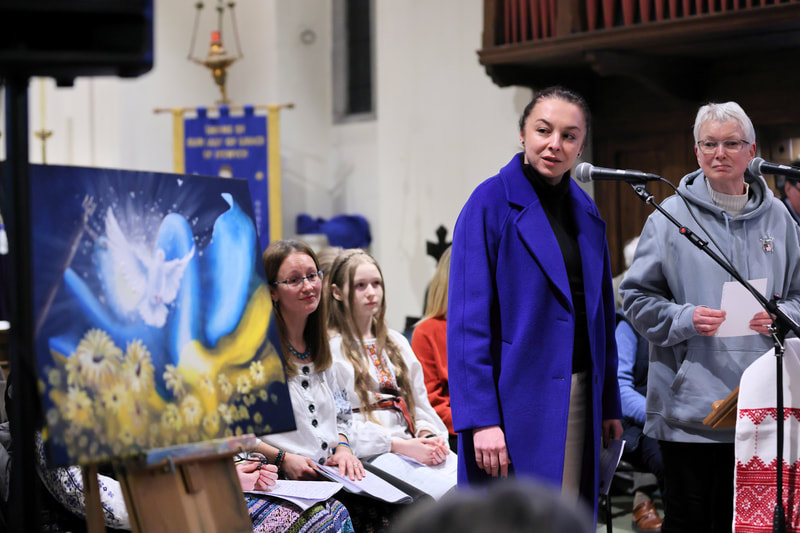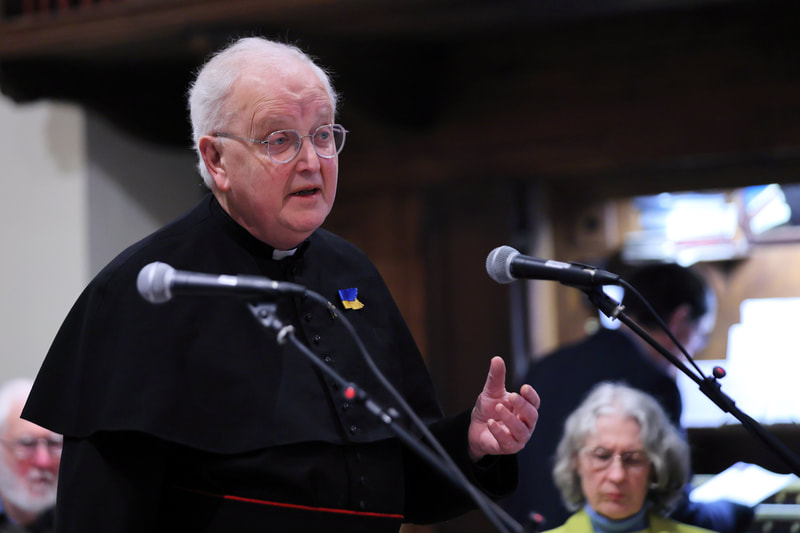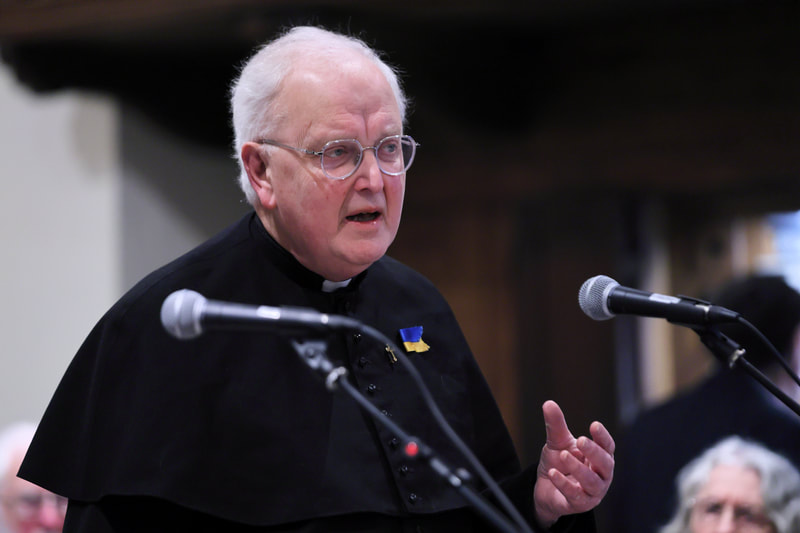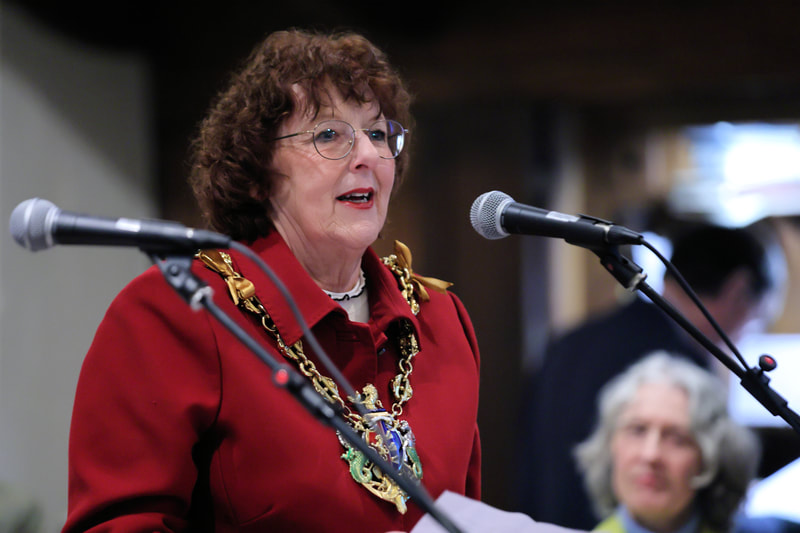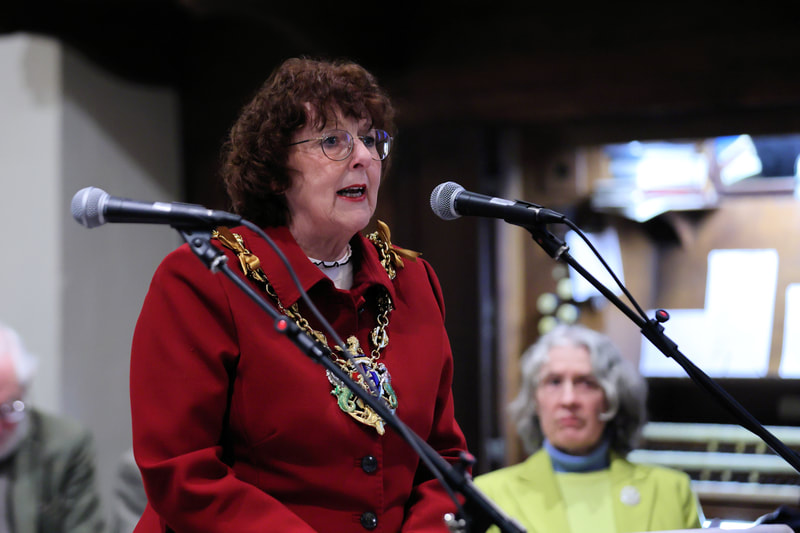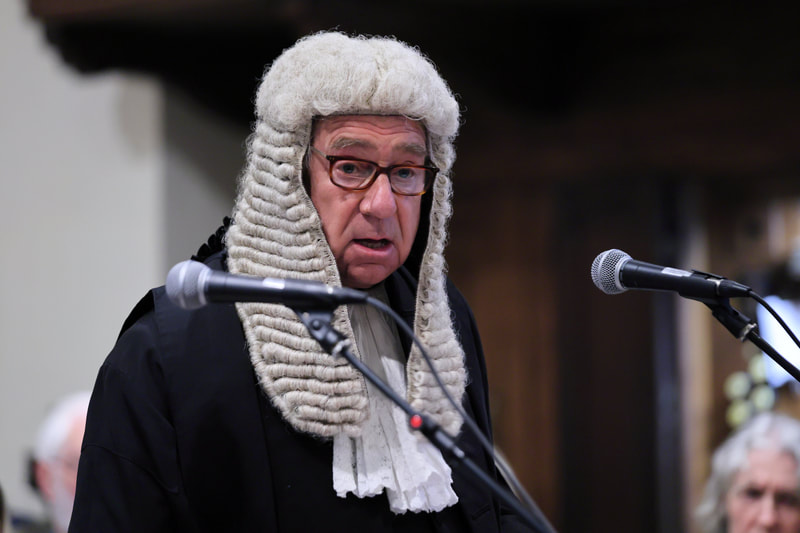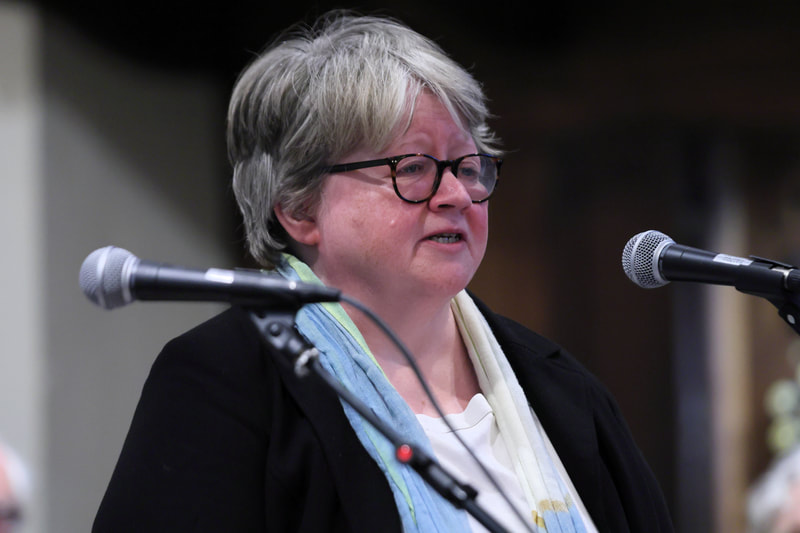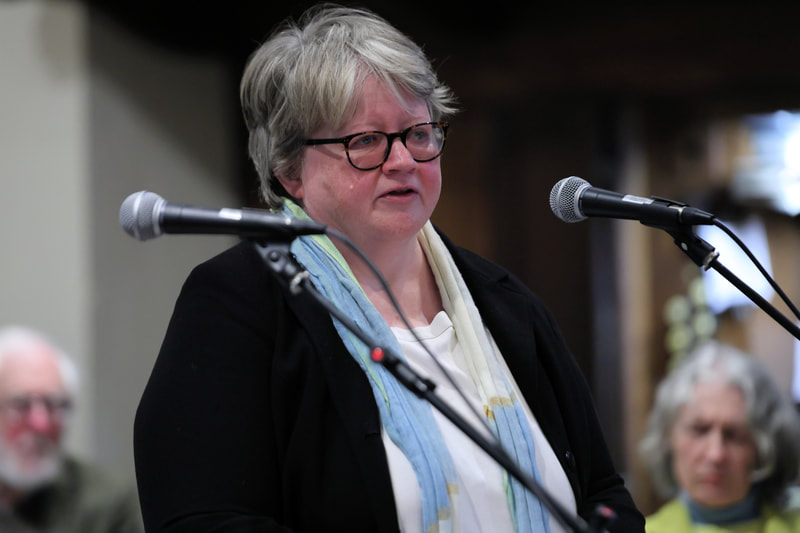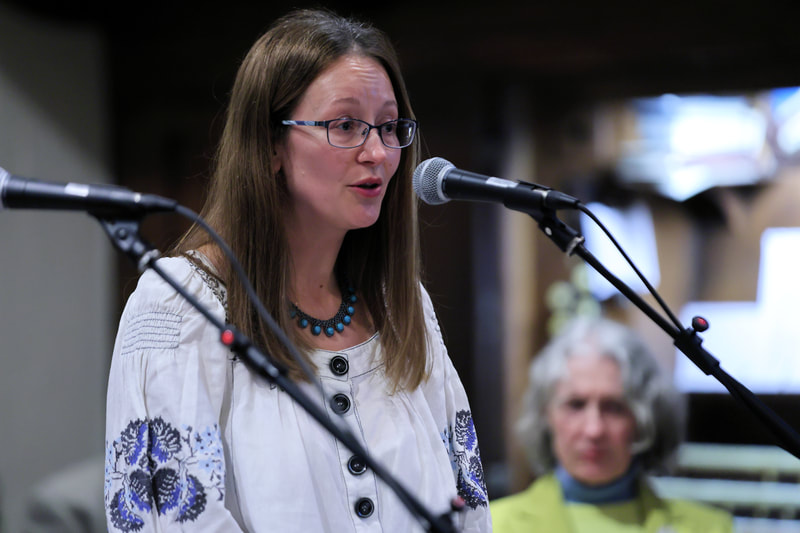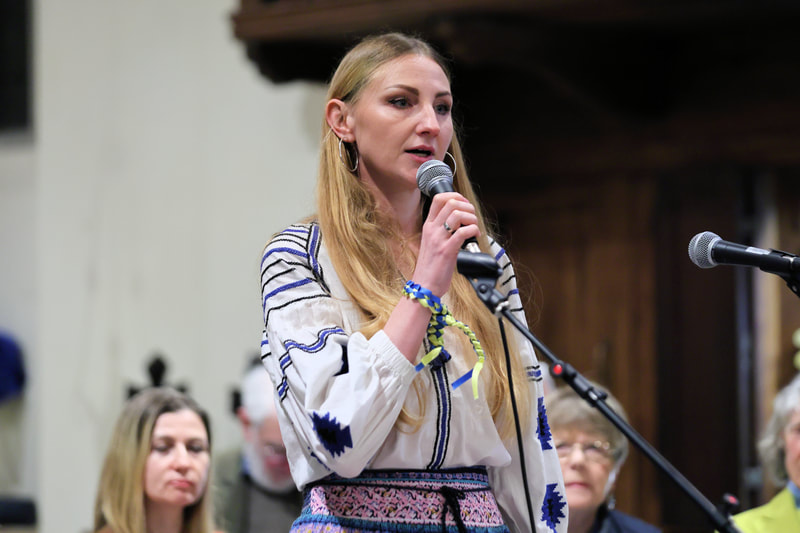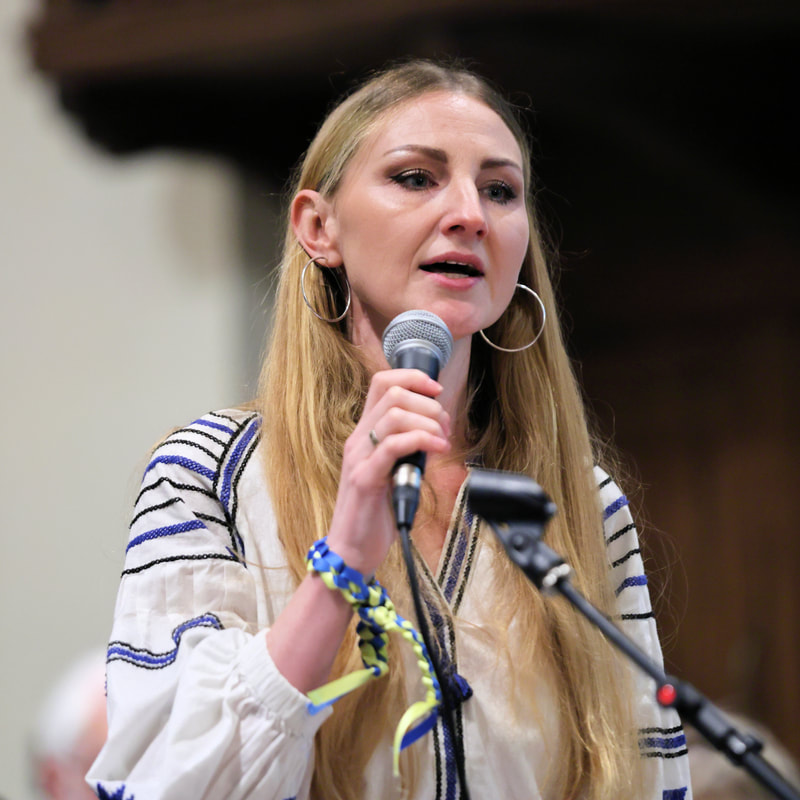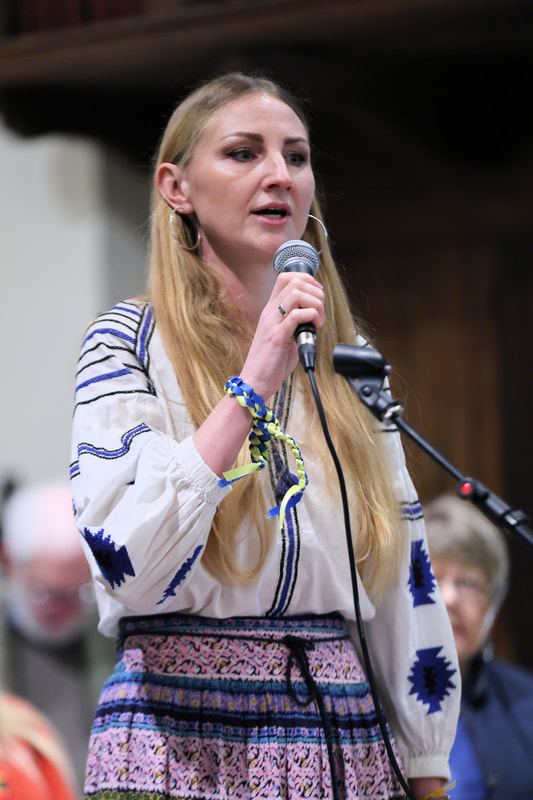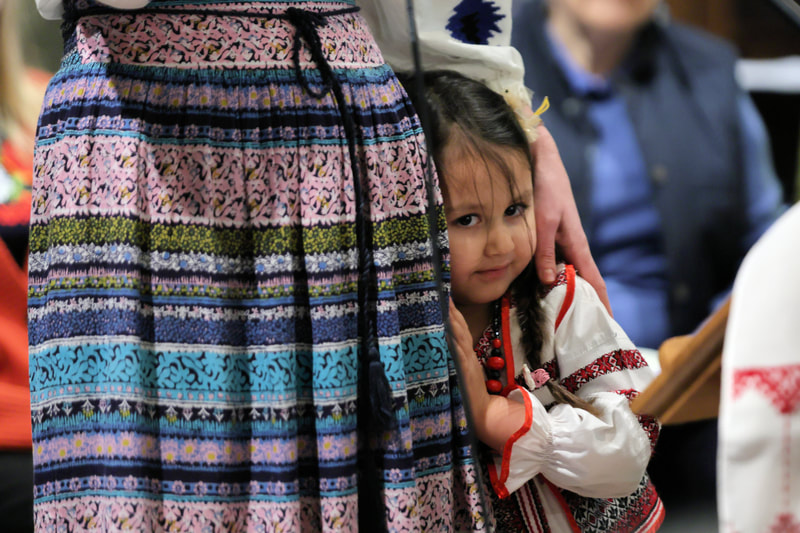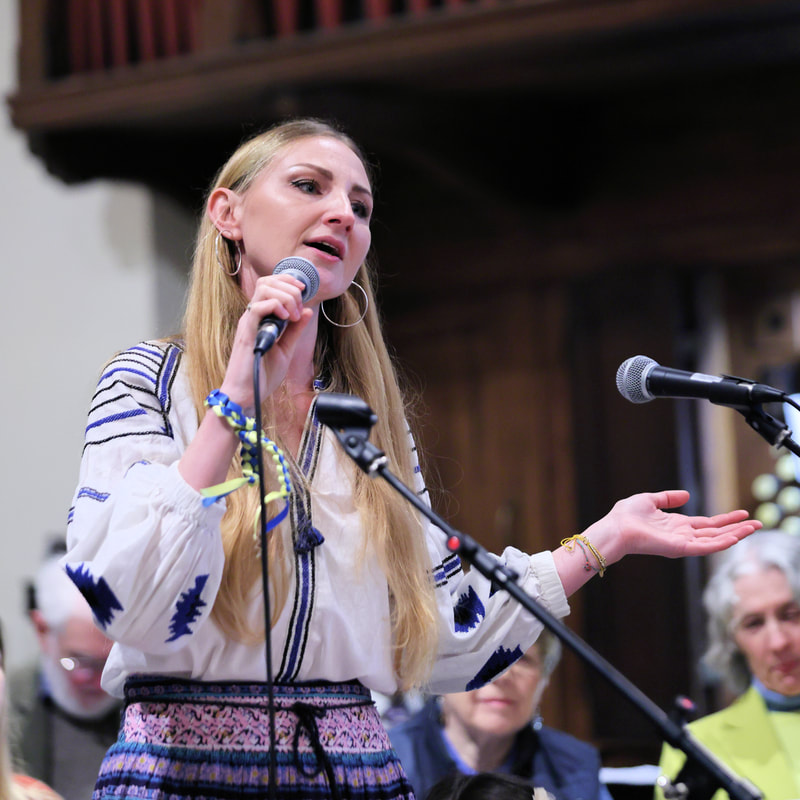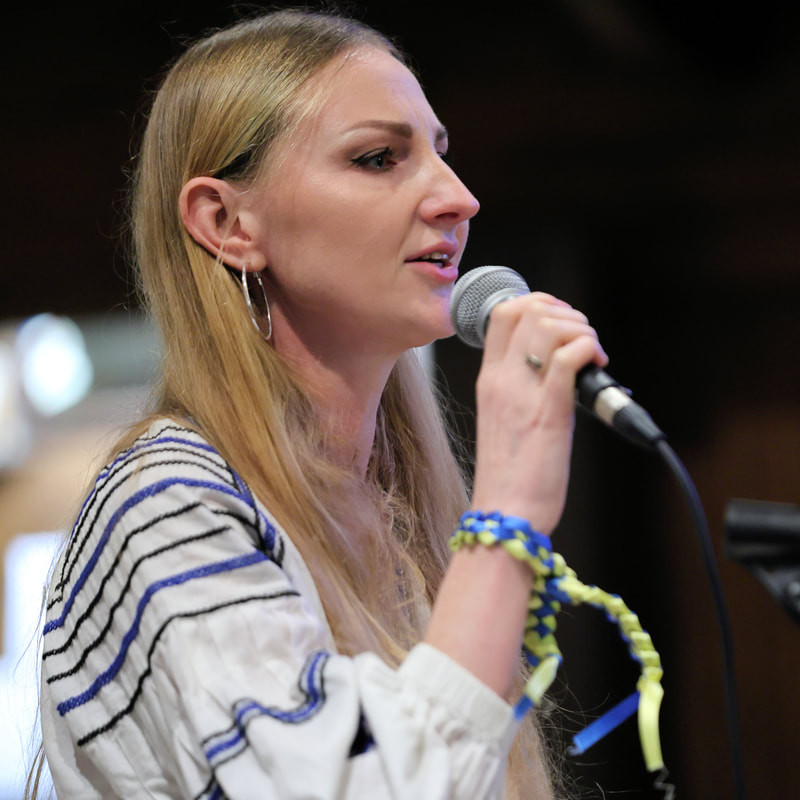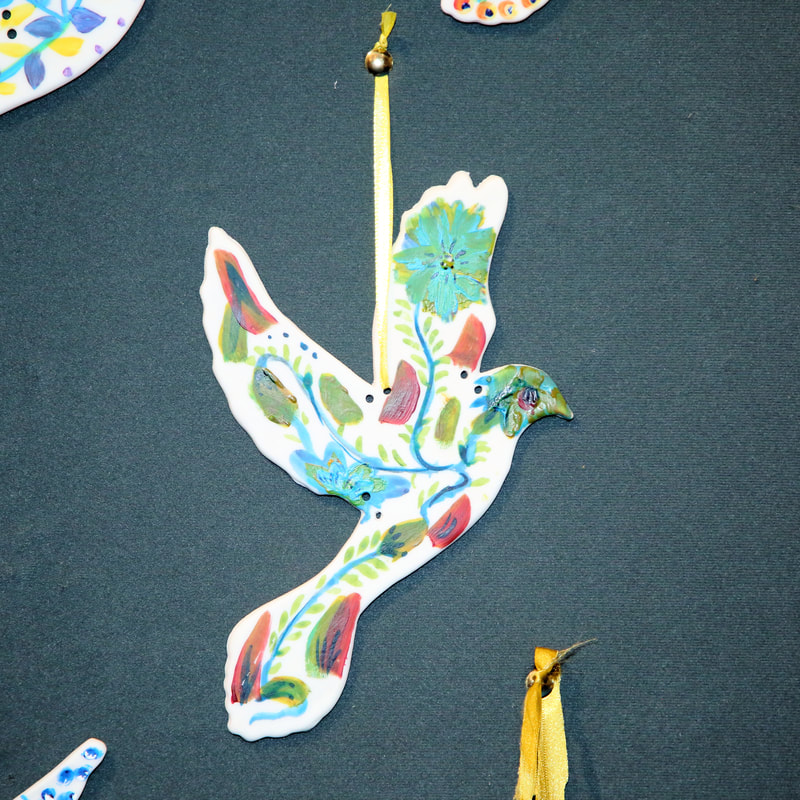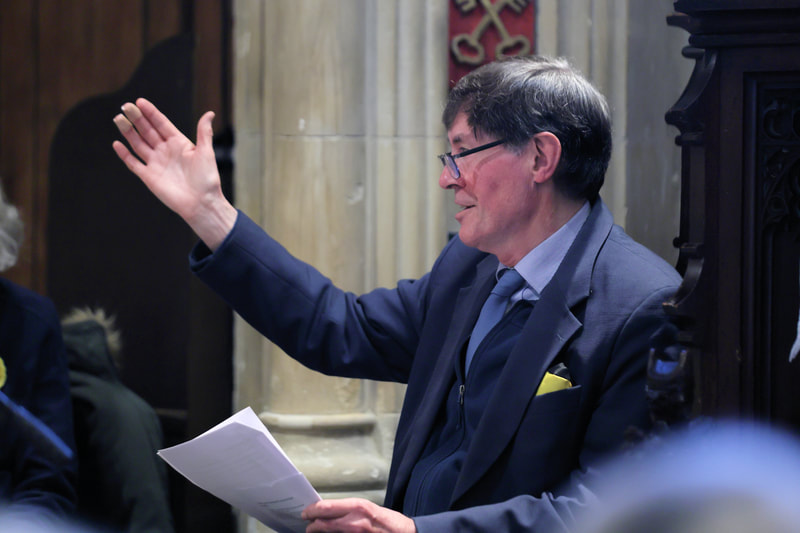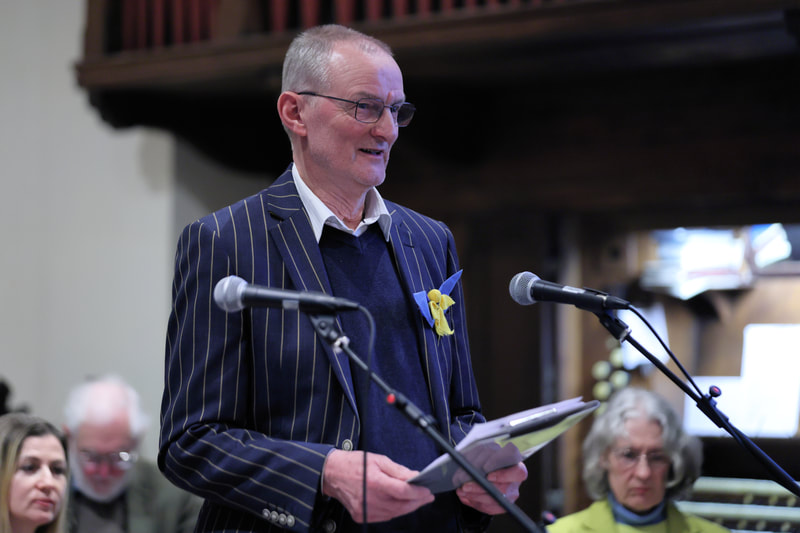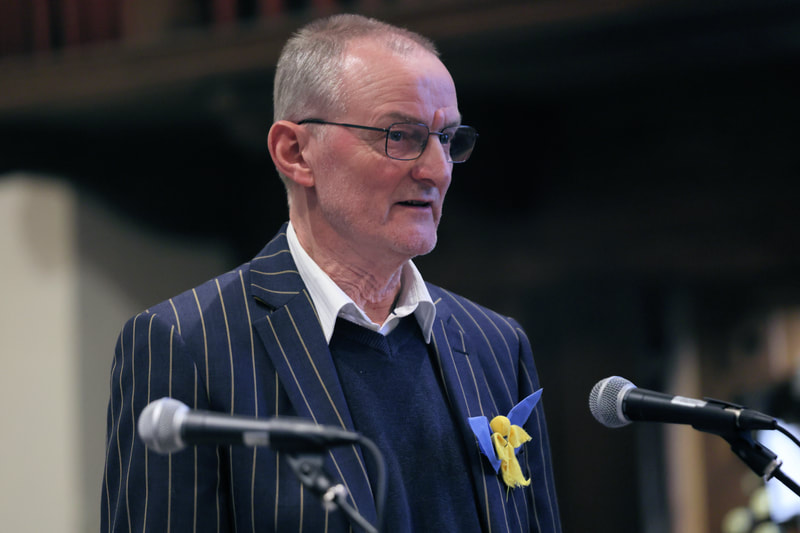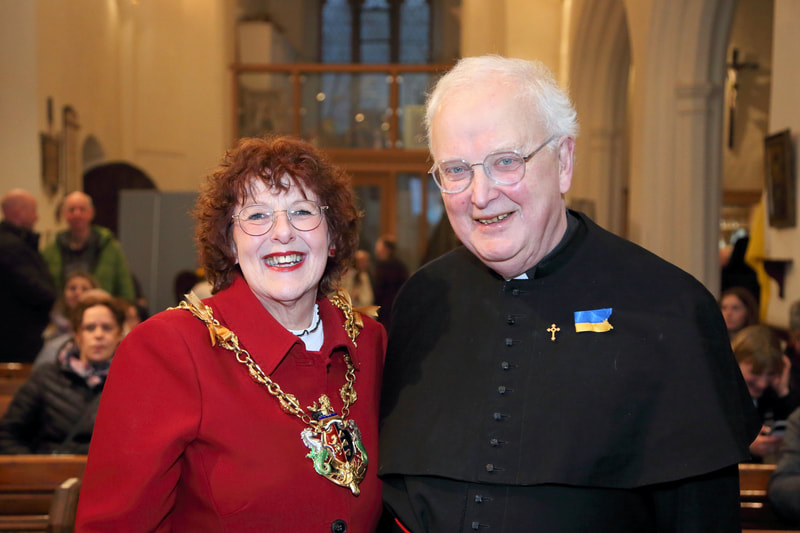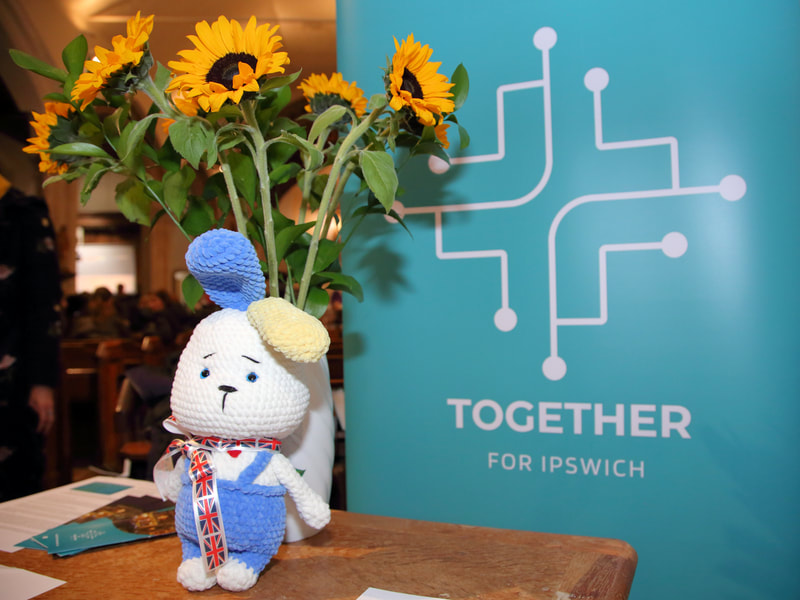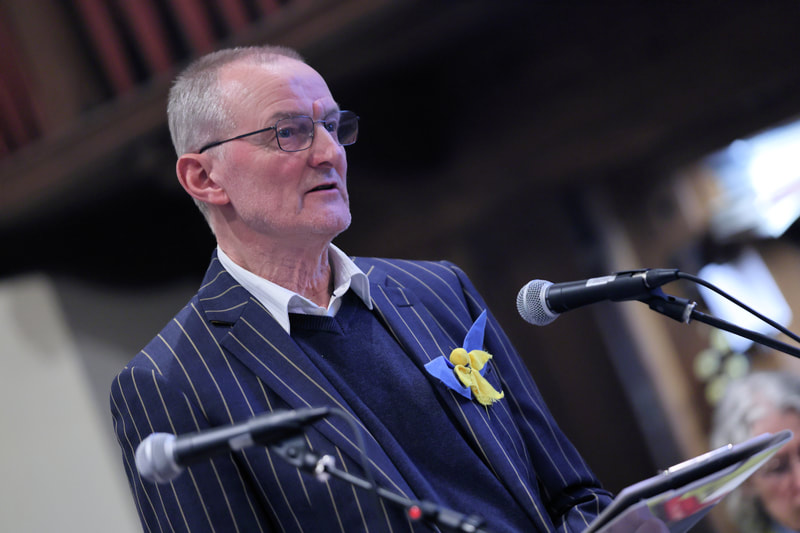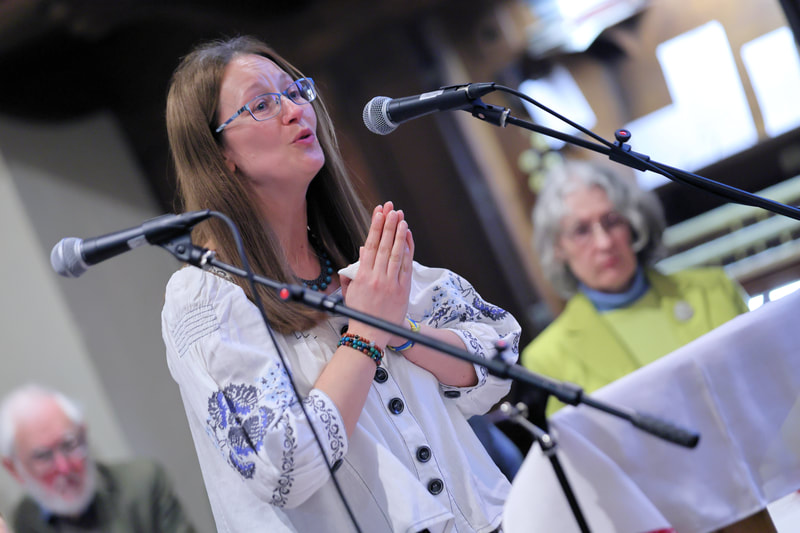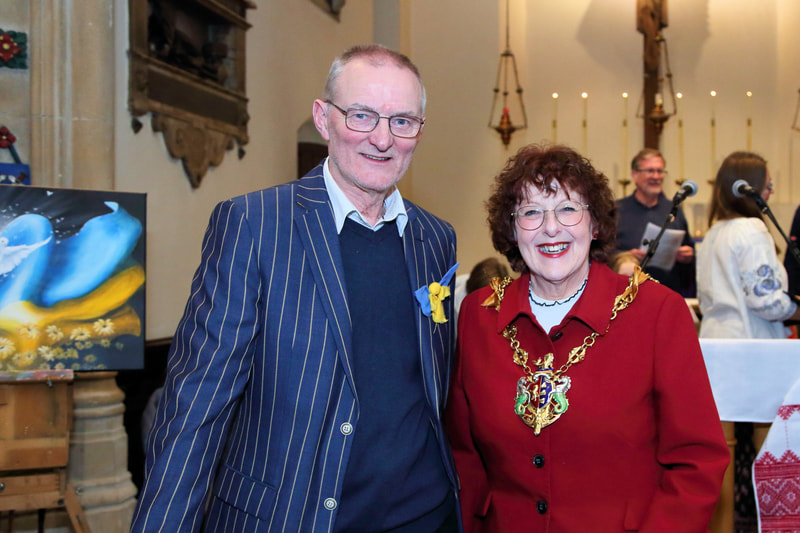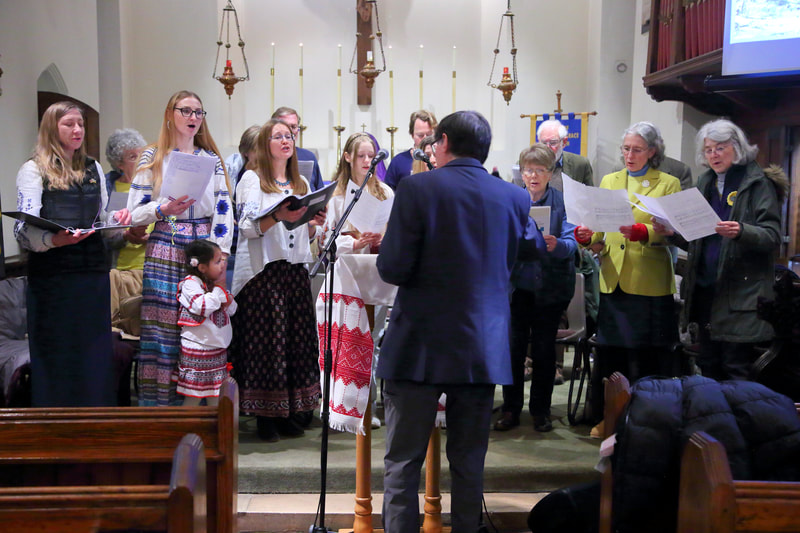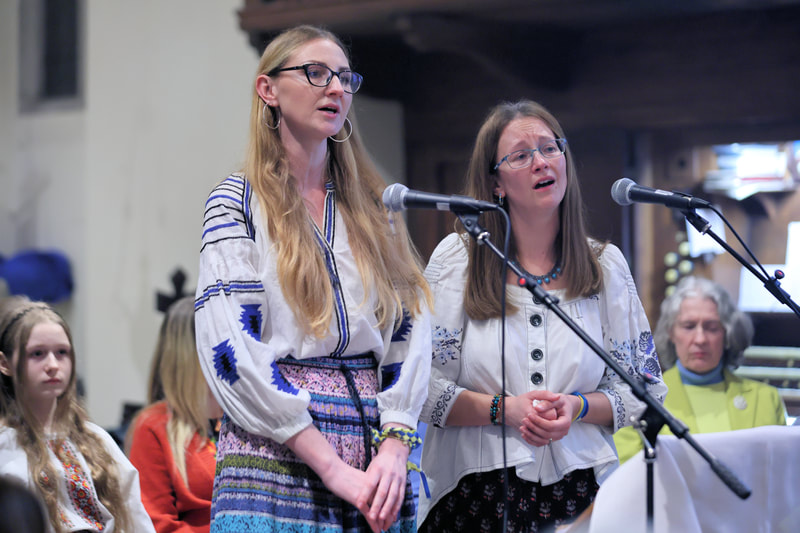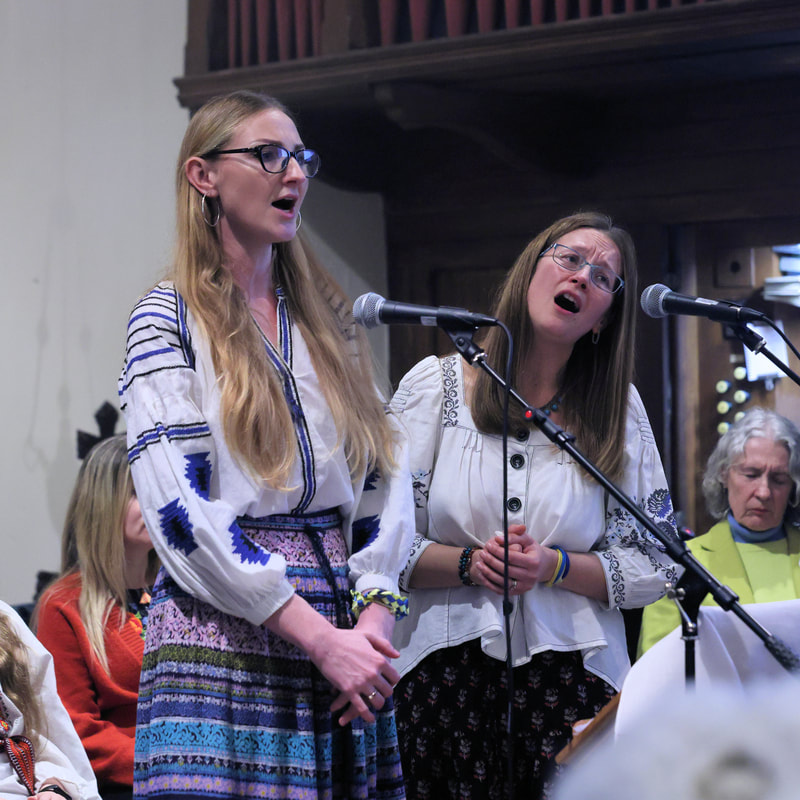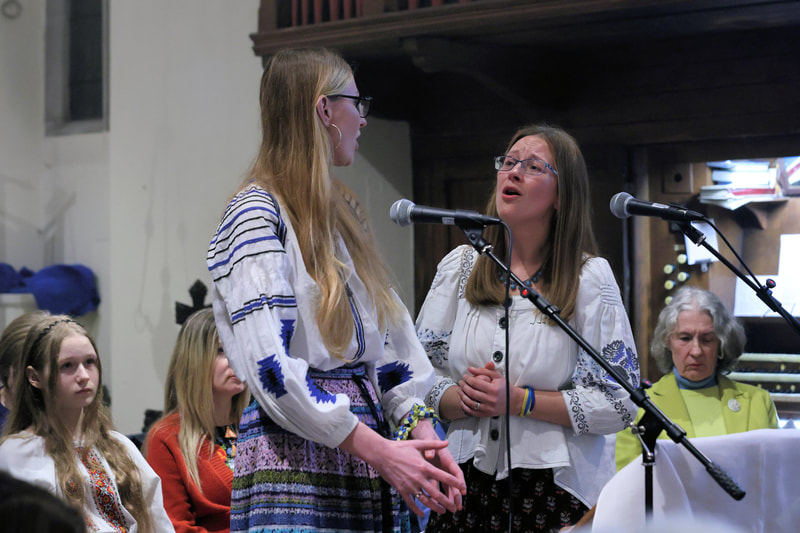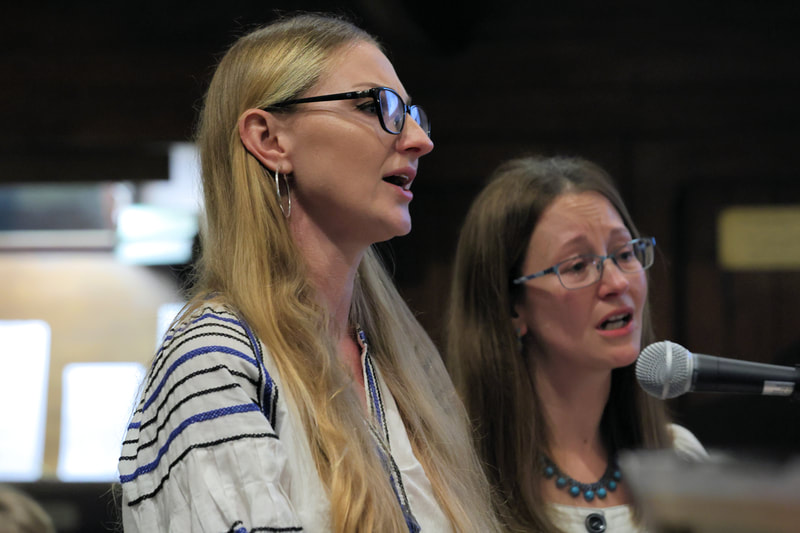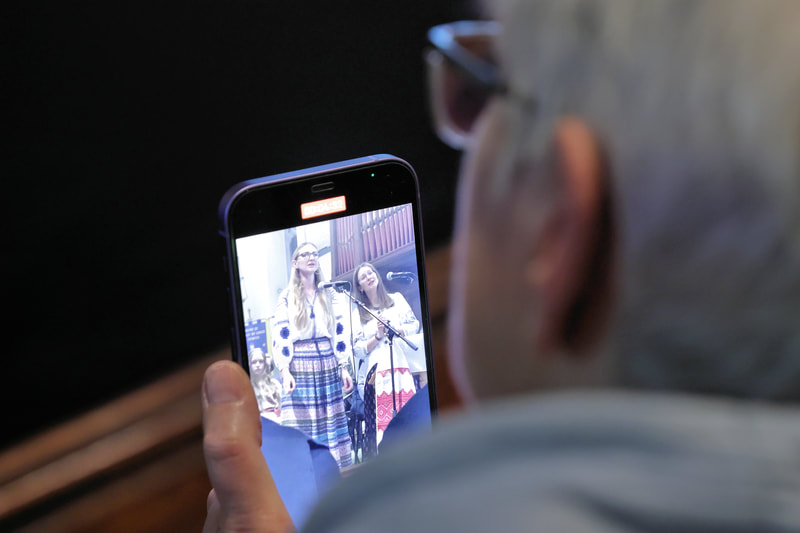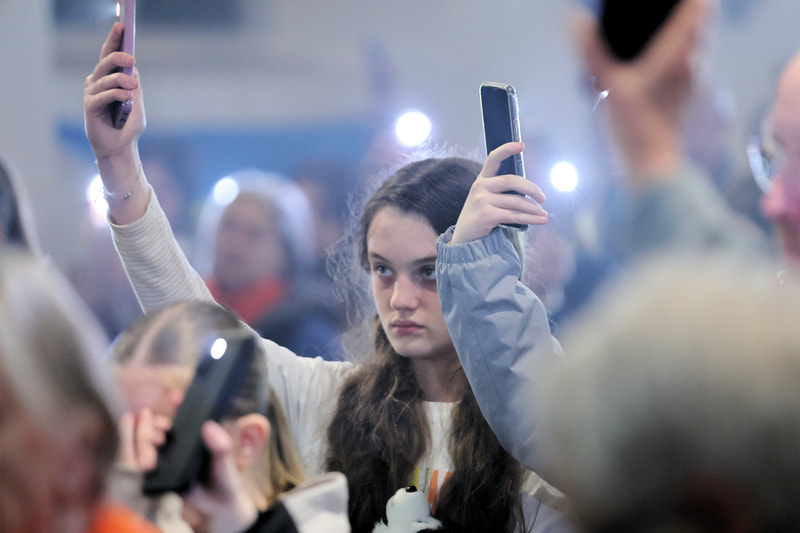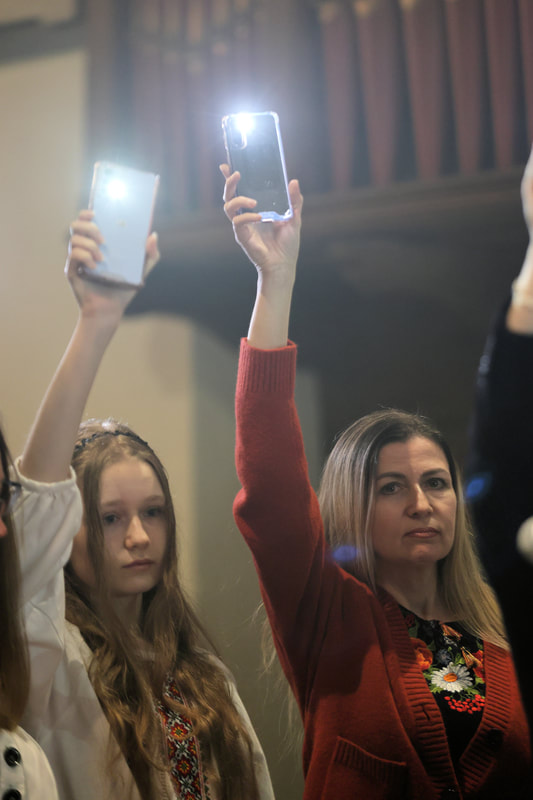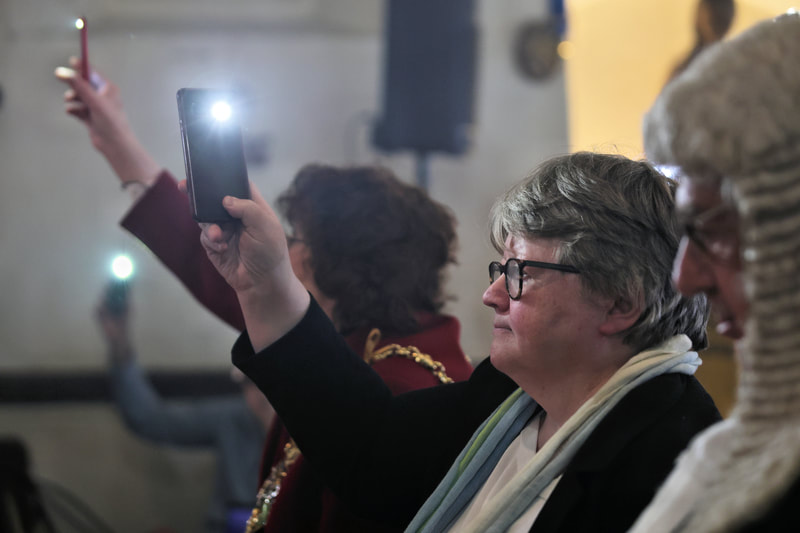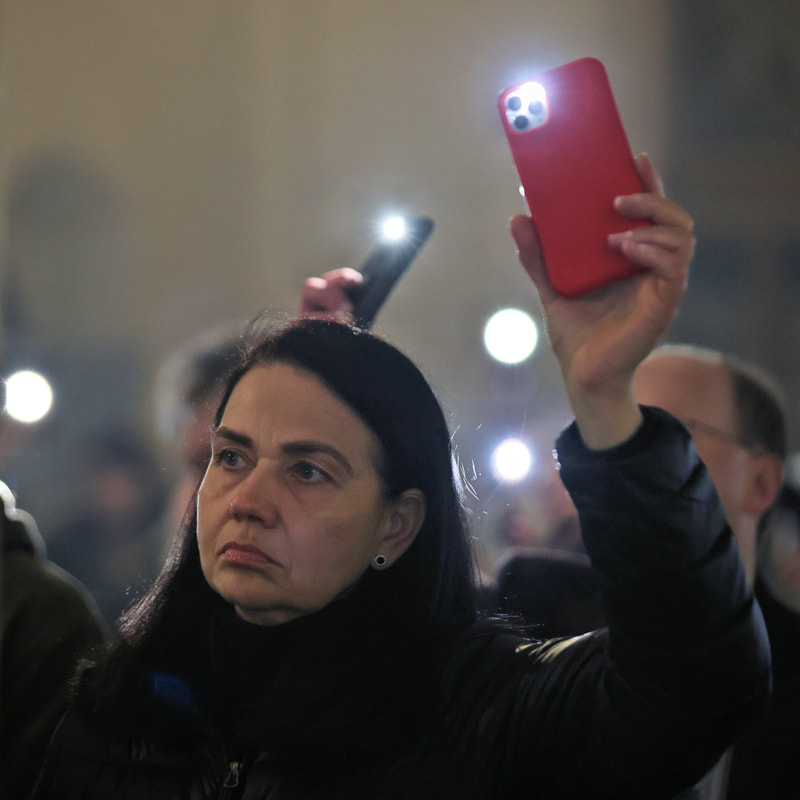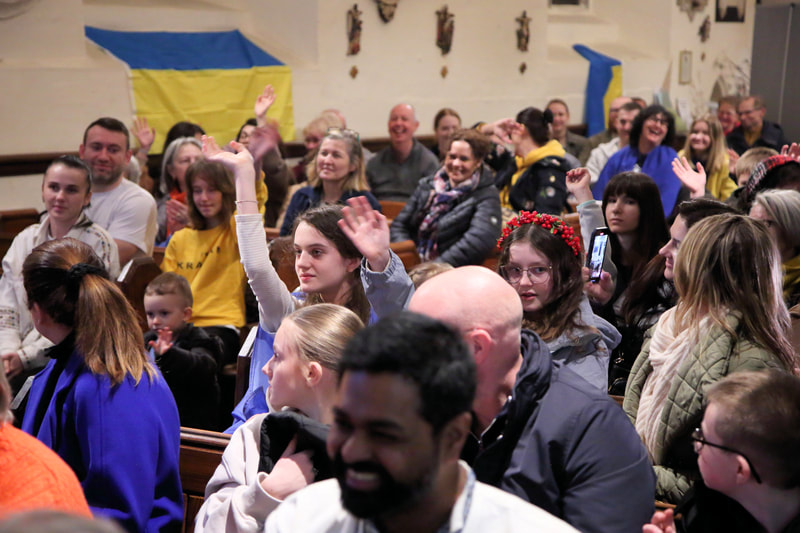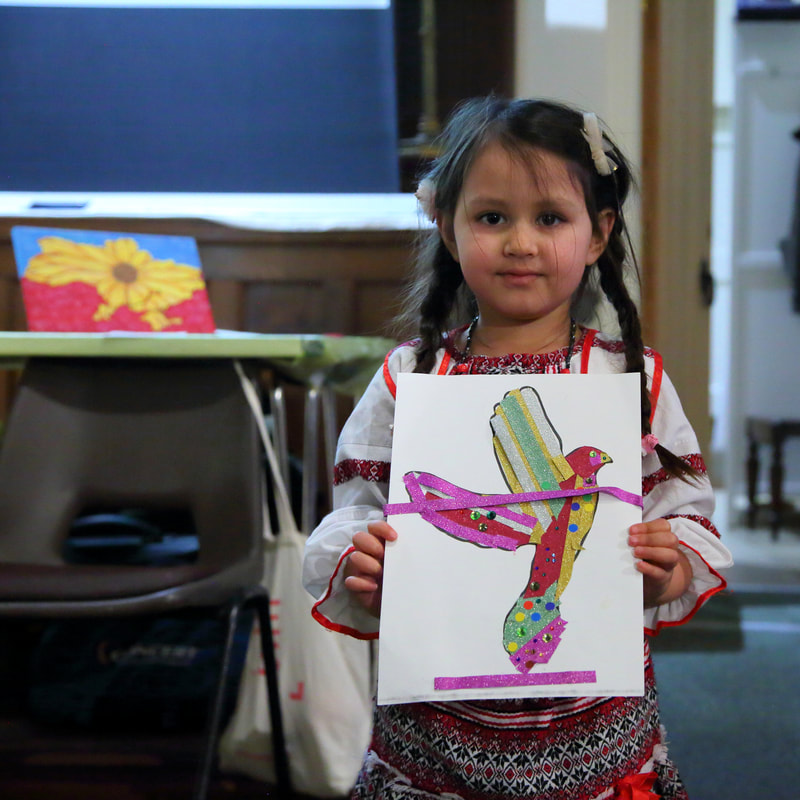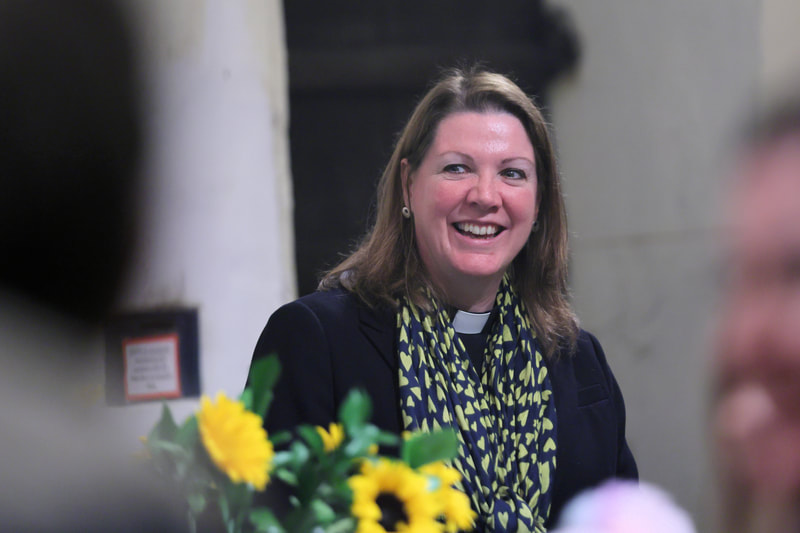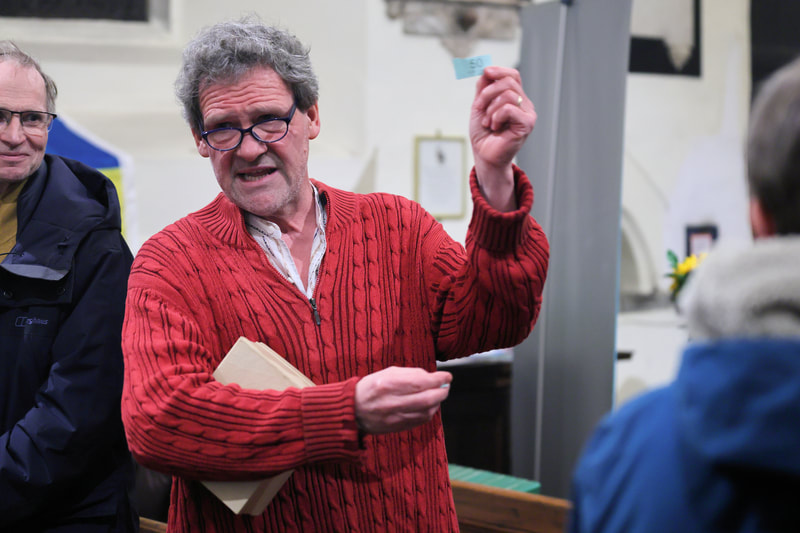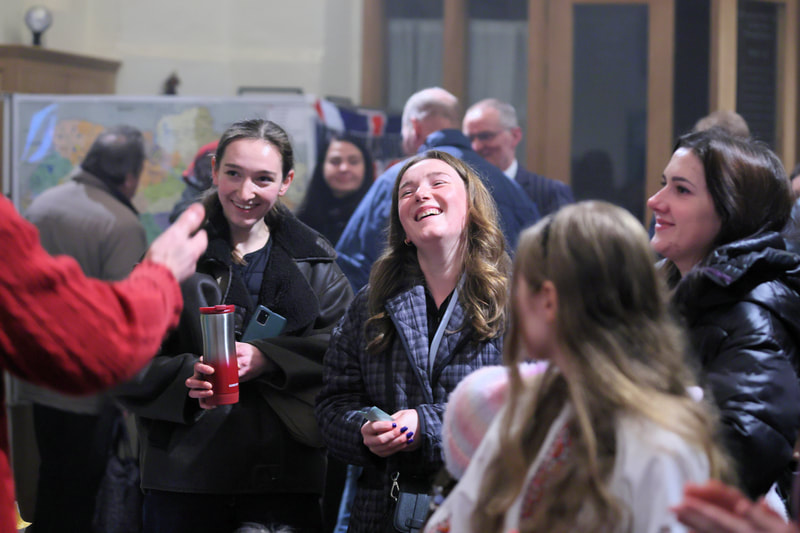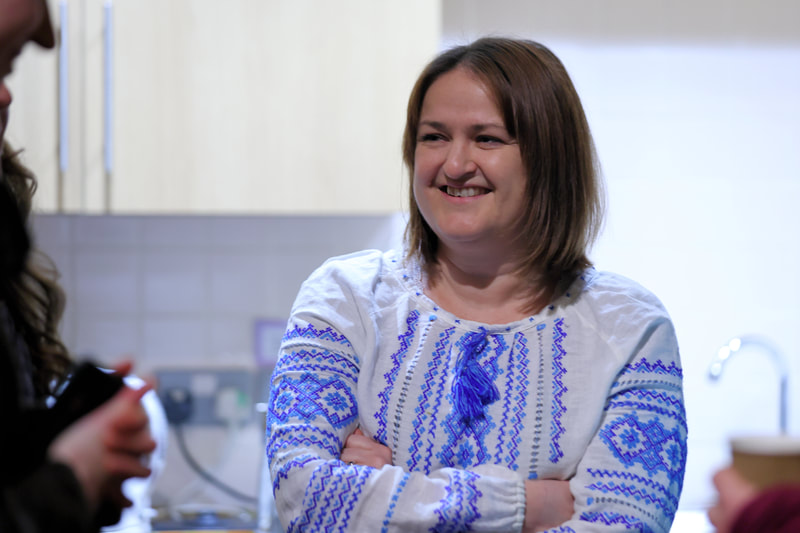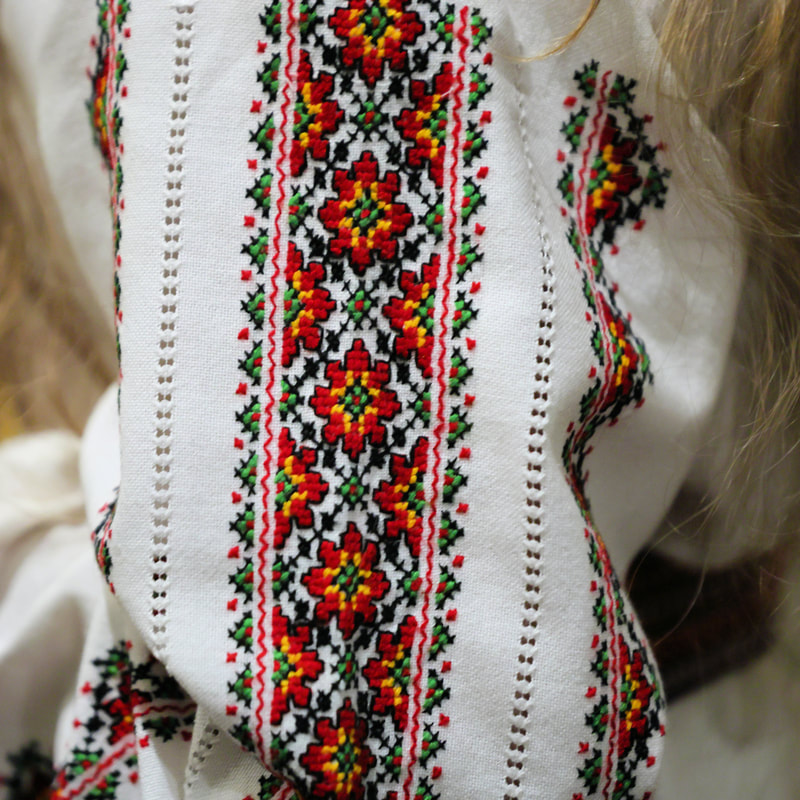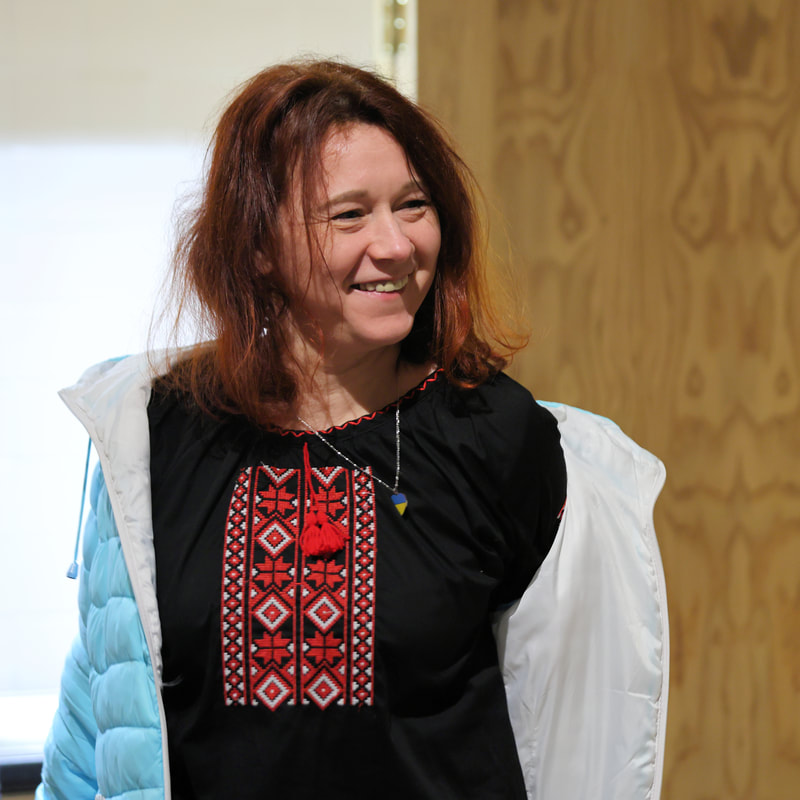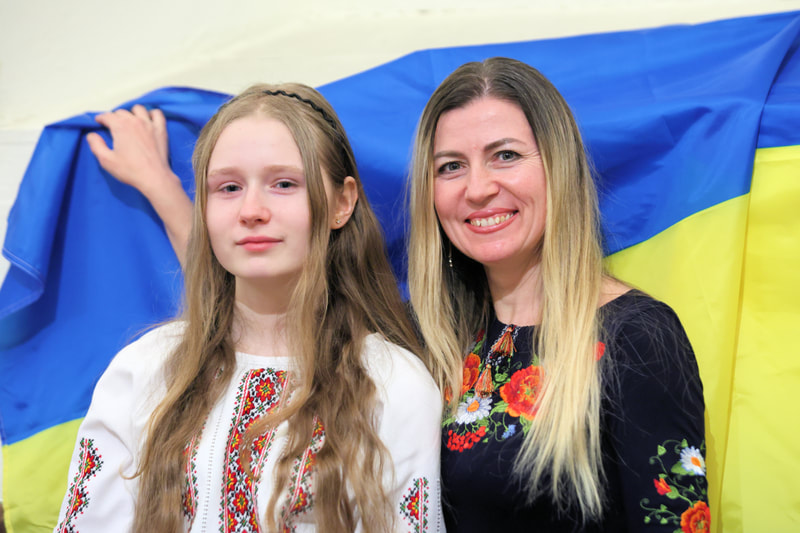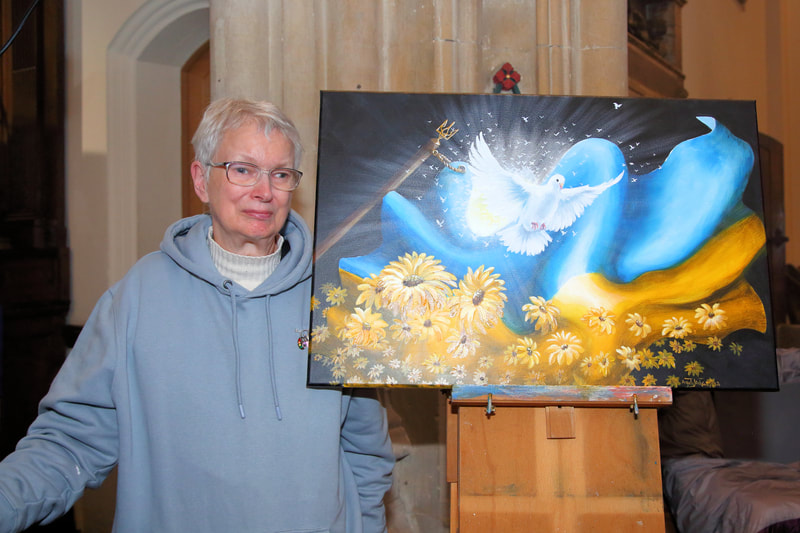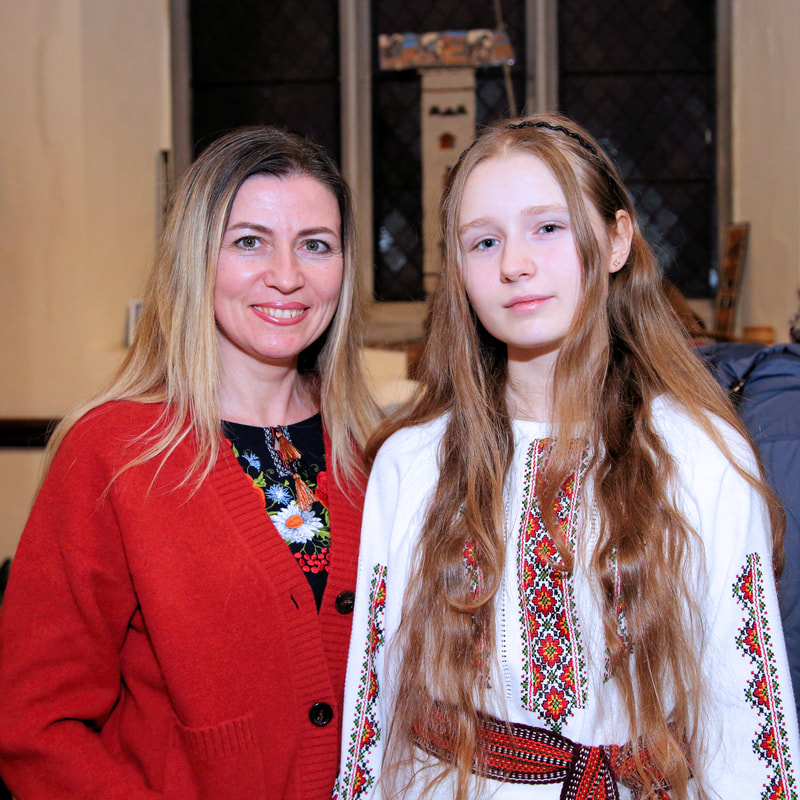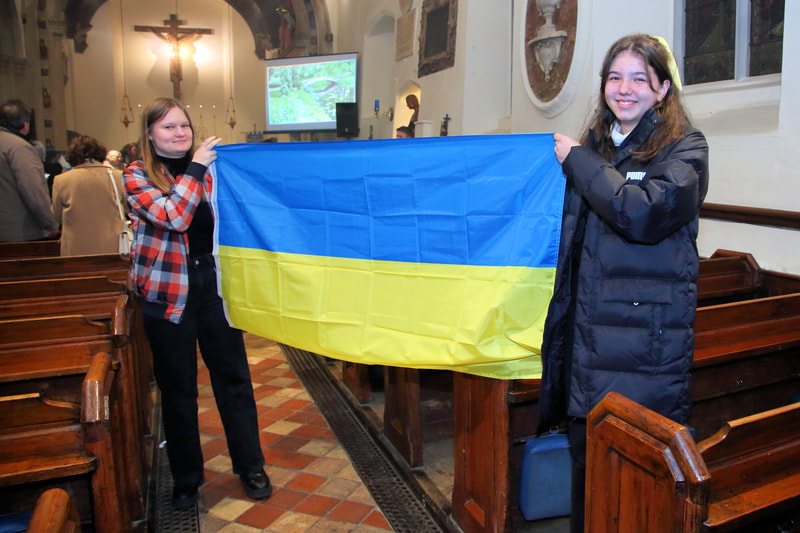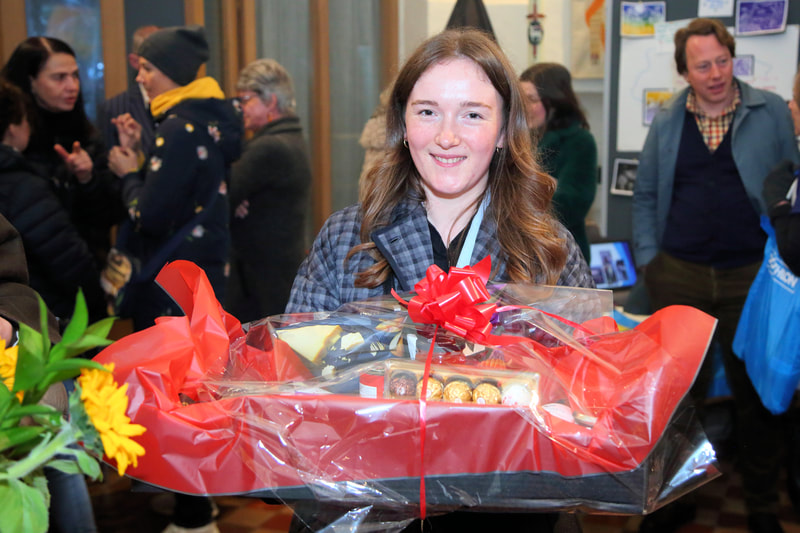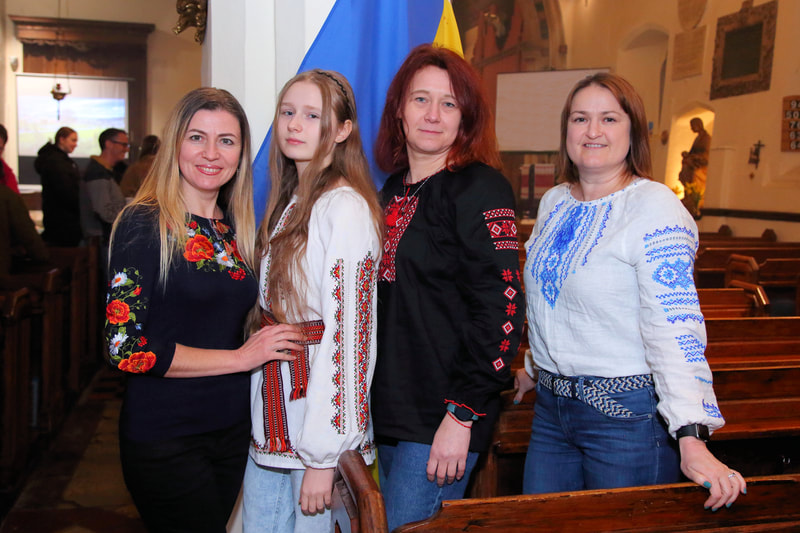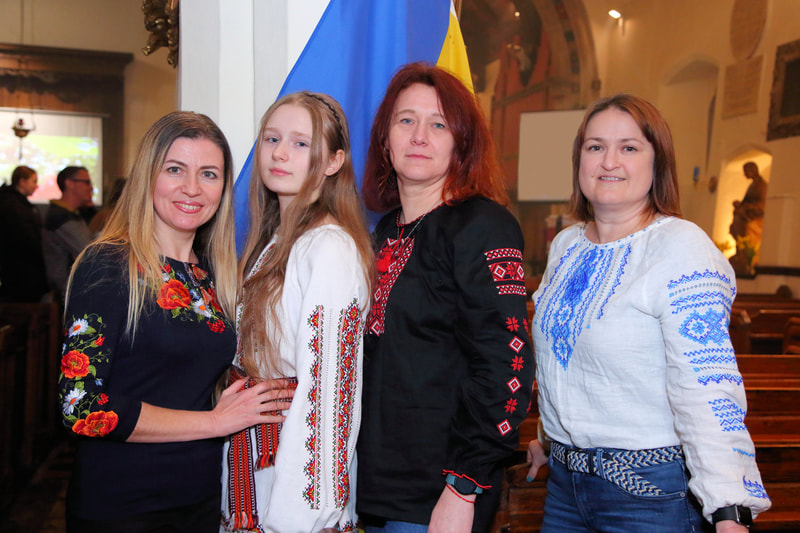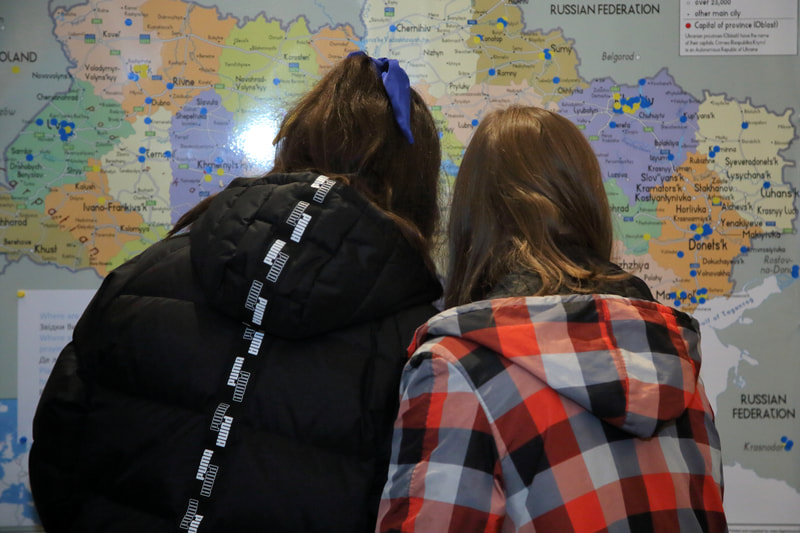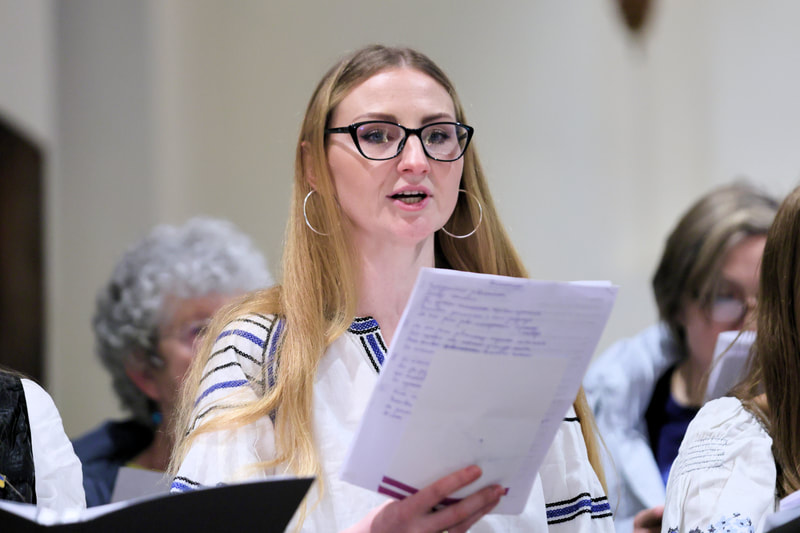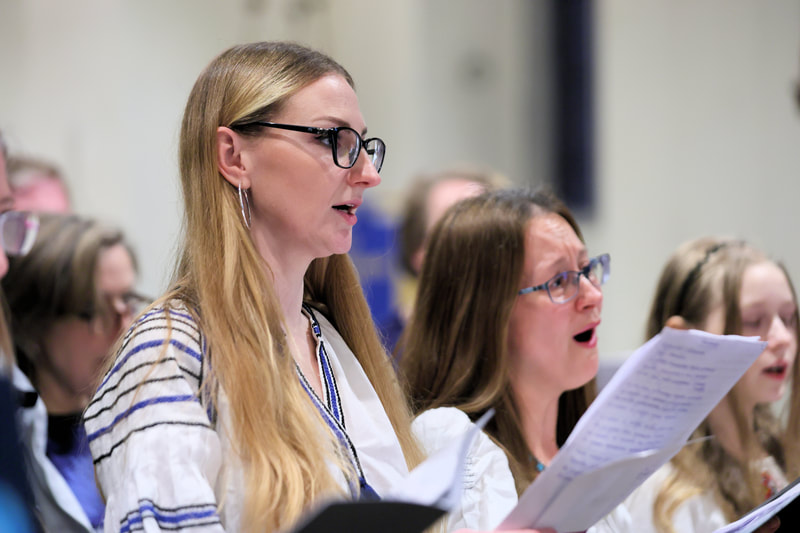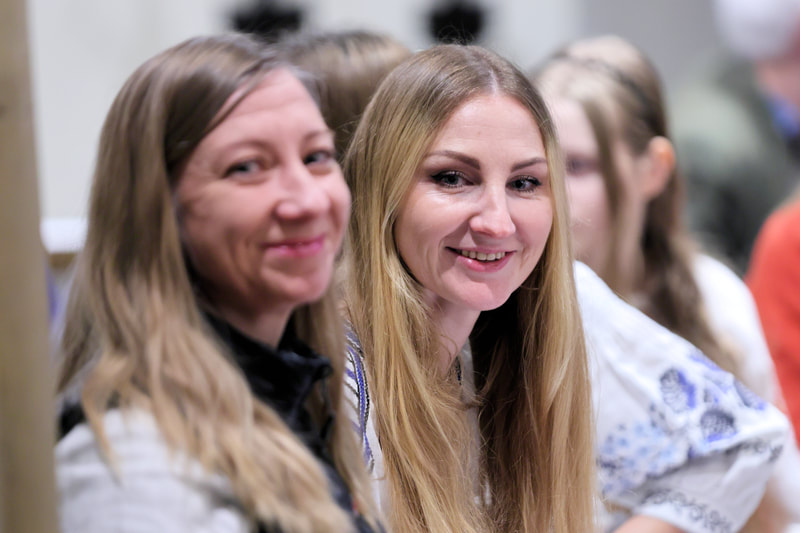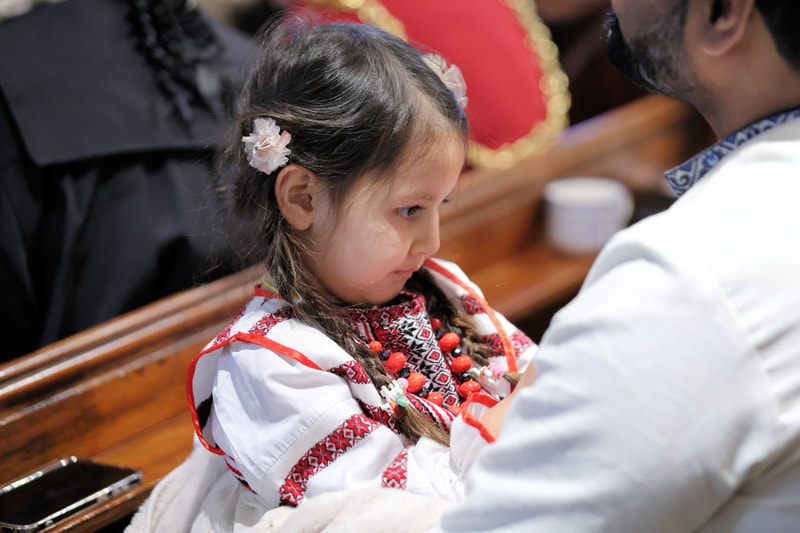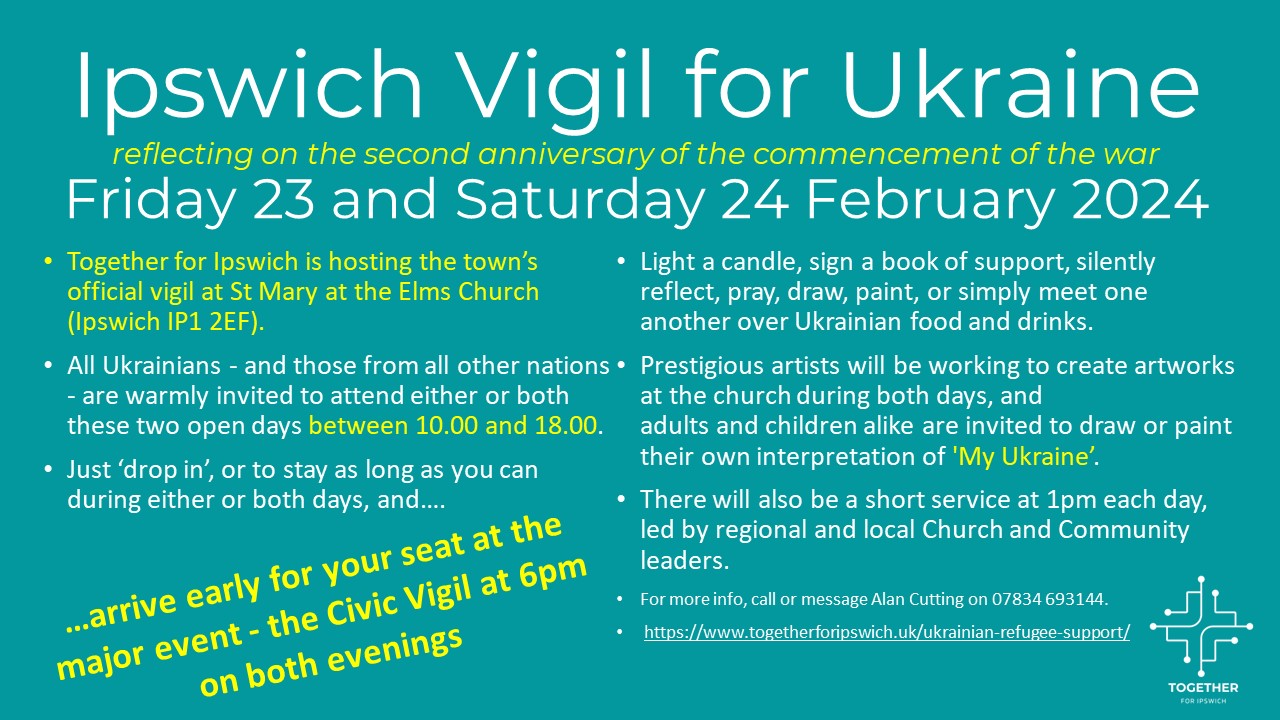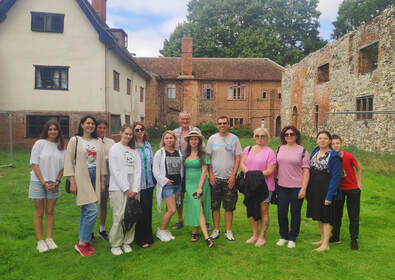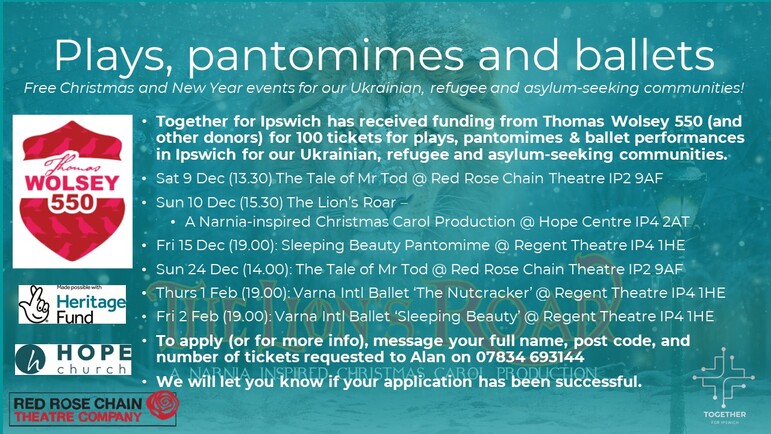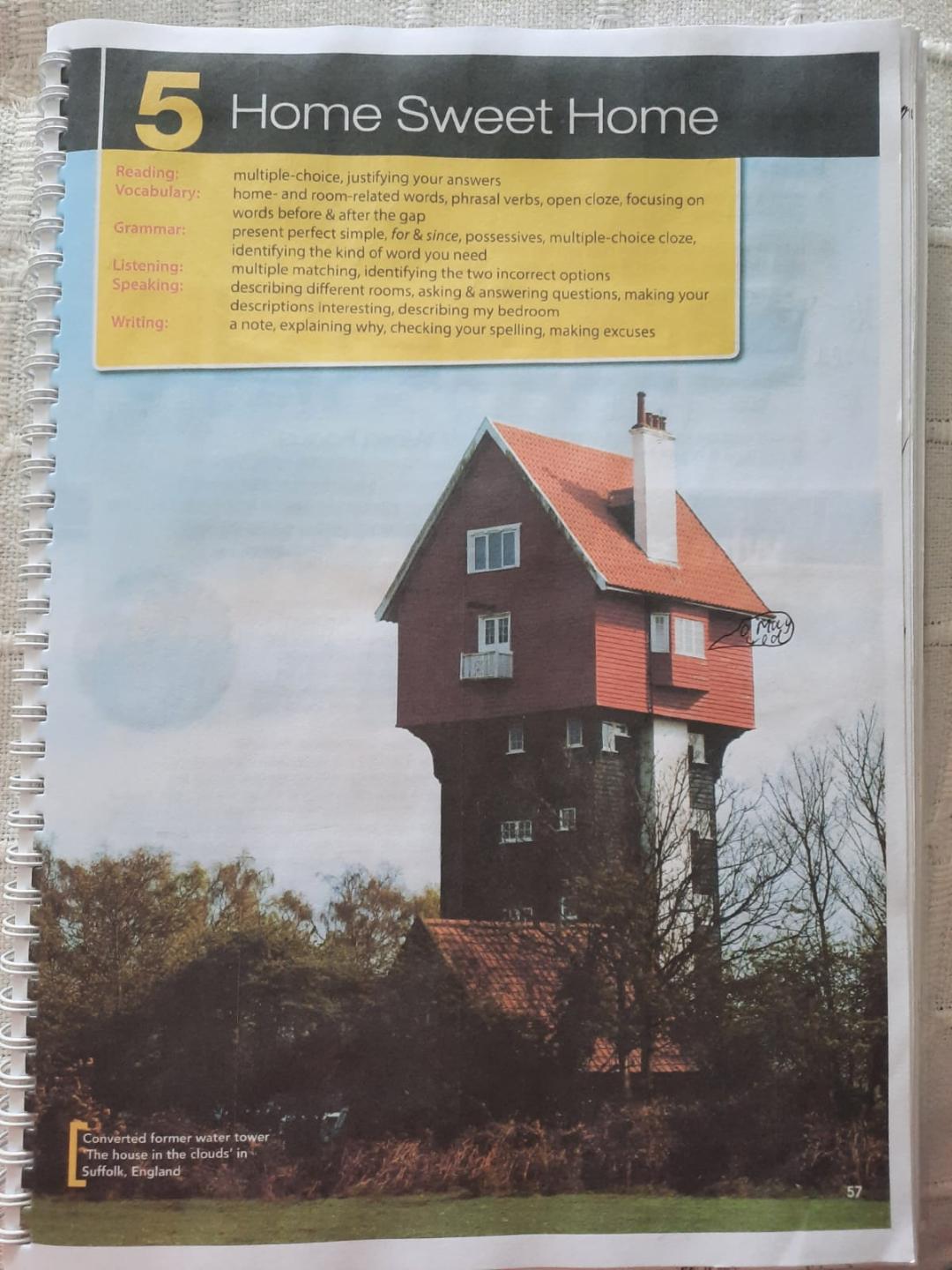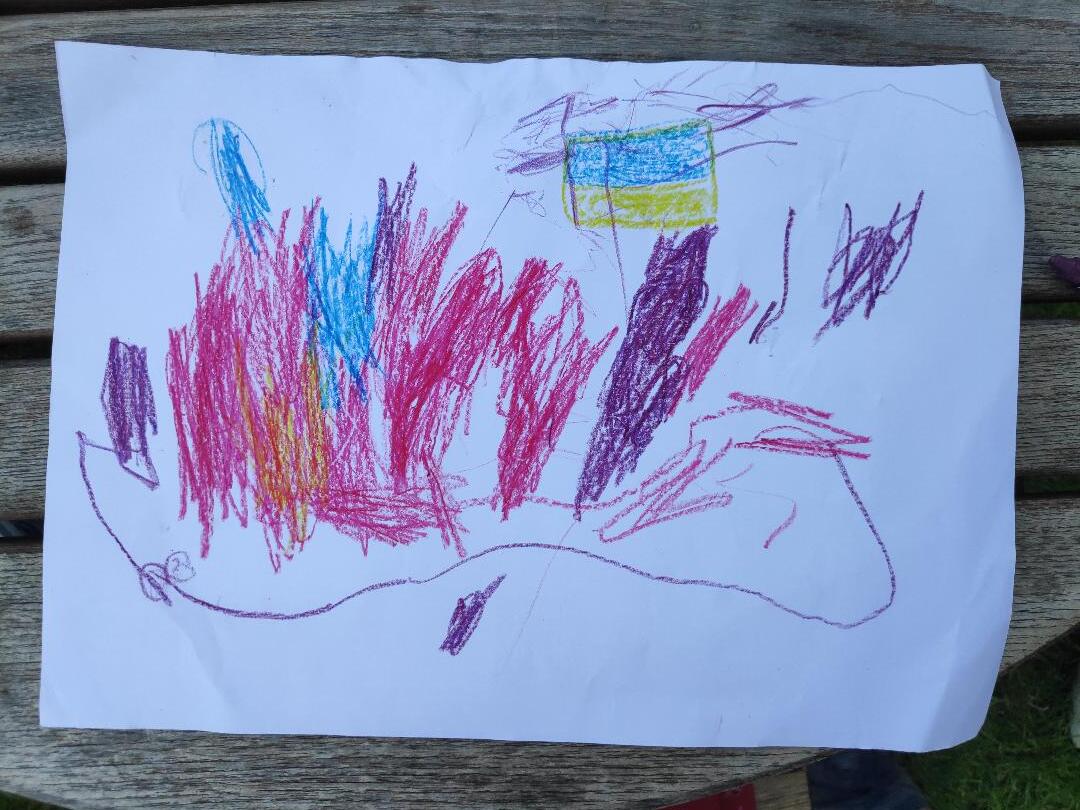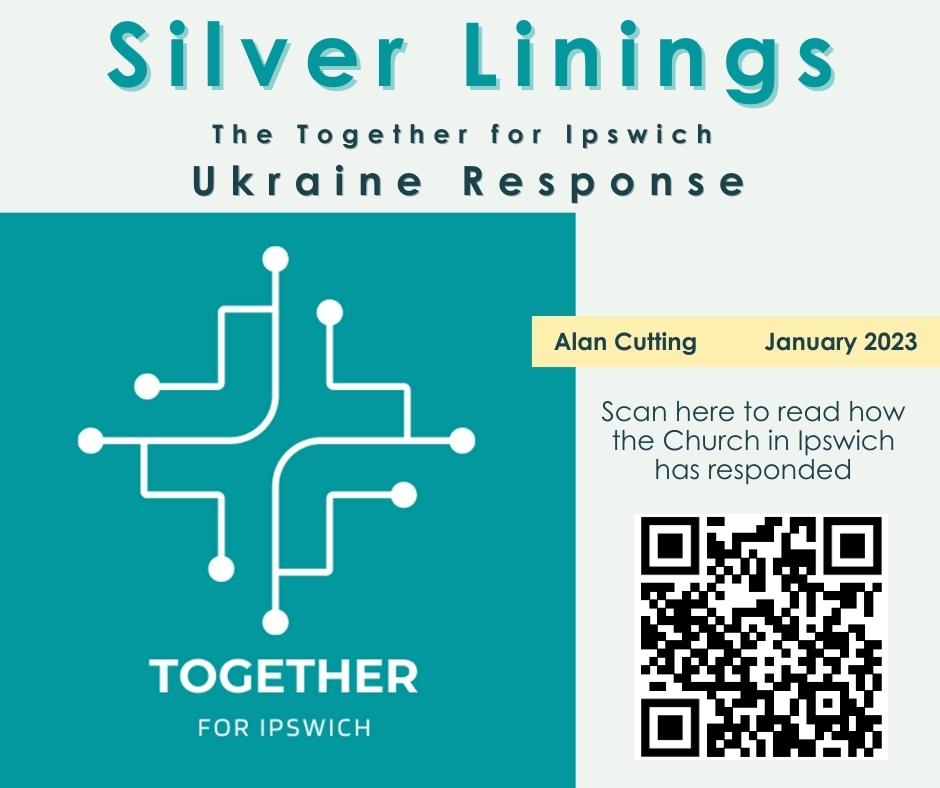|
I continue a) to pray for peace in Ukraine, and b) to coordinate the efforts of the Ipswich churches as they reach out to our local Ukrainian community. This is on behalf of Together for Ipswich.
I aim to keep this page updated with the various events and opportunities that are available to you. Message me on 07834 693144 for more information and to book places for tours and event tickets. Best wishes! Alan Я продовжую а) молитися за мир в Україні і б) координувати зусилля церков Іпсвіча, коли вони звертаються до нашої місцевої української громади. Це від імені «Разом за Іпсвіч». Я прагну постійно оновлювати цю сторінку різними подіями та можливостями, доступними для вас. Пишіть мені на номер 07834 693144, щоб отримати додаткову інформацію та забронювати місця для екскурсій і квитків на події. Найкращі побажання! Алан |
|
Sponsored by Suffolk County Council Engaged Communities Fund and Burlington Church, these free-to-access summer day tours will introduce you to local history and culture, and help your integration into the lovely county of Suffolk.
All Ukrainians may apply. Message me on 07834 693144 to apply for a tour, stating a) your full name b) which town you live in and c) the top three tours you would like to go on. Please only apply if you know you are available on the day of the tour. I will try to give a place to every applicant on at least one tour, but priority will usually be given to those who didn't go on any tours last year.
We can take a maximum of 15 people on each tour.
Children must be supervised by a parent or other responsible adult.
There is no cost for these tours, or for entry to castles, museums or for boat trips.
Typically we will leave Ipswich at about 09.30 and return by about 17.00.
There will be some drinks on the bus, but you are encouraged to either bring a picnic or money for a cafe lunch.
Download these files for details of the tours I am able to offer on Thursdays and Sundays during the summer of 2024......
All Ukrainians may apply. Message me on 07834 693144 to apply for a tour, stating a) your full name b) which town you live in and c) the top three tours you would like to go on. Please only apply if you know you are available on the day of the tour. I will try to give a place to every applicant on at least one tour, but priority will usually be given to those who didn't go on any tours last year.
We can take a maximum of 15 people on each tour.
Children must be supervised by a parent or other responsible adult.
There is no cost for these tours, or for entry to castles, museums or for boat trips.
Typically we will leave Ipswich at about 09.30 and return by about 17.00.
There will be some drinks on the bus, but you are encouraged to either bring a picnic or money for a cafe lunch.
Download these files for details of the tours I am able to offer on Thursdays and Sundays during the summer of 2024......
|
| ||||||
|
| ||||||
|
| ||||||
|
| ||||||
|
| ||||||
|
| ||||||
|
| ||||||
Supporting the Ukrainian community in and around Ipswich
A 2-year review of our work
|
At the recent Ipswich Vigil for Ukraine (held at St Mary at the Elms Church), eight churches donated equipment, members of at least twenty Ipswich churches attended, and the volunteer team consisted of 32 British people and 32 Ukrainians. Read how else Ipswich churches have sought to support our local Ukrainian community since the commencement of the full scale invasion.
|
Ukrainian Well-being Cafe
Coffee, cake, and the comfortable opportunity talk with those who have the compassion, training and skills to listen. Opens on Monday 17 June!
When considering mental health and well-being, health, physical activity and social interaction are obviously vital. ‘Well-being’ is defined by the Oxford English Dictionary as “the state of being comfortable, healthy or happy”. But ‘well-being’ is a much broader concept than moment-to-moment happiness. And anyway, what can happiness possibly mean when your country is at war and your loved ones are at risk? While ‘well-being’ does include happiness, it also includes other things, such as how satisfied people are with their life as a whole, their sense of purpose, and how in control they feel. So ‘well-being’ can be understood as how people feel and how they function, both on a personal and a social level, and how they evaluate their lives as a whole. A big thank you to the team from the Bridge Church community - part English and part Ukrainian - for their work in setting this up!
When considering mental health and well-being, health, physical activity and social interaction are obviously vital. ‘Well-being’ is defined by the Oxford English Dictionary as “the state of being comfortable, healthy or happy”. But ‘well-being’ is a much broader concept than moment-to-moment happiness. And anyway, what can happiness possibly mean when your country is at war and your loved ones are at risk? While ‘well-being’ does include happiness, it also includes other things, such as how satisfied people are with their life as a whole, their sense of purpose, and how in control they feel. So ‘well-being’ can be understood as how people feel and how they function, both on a personal and a social level, and how they evaluate their lives as a whole. A big thank you to the team from the Bridge Church community - part English and part Ukrainian - for their work in setting this up!
Ipswich Vigil for Ukraine
February 24 is such a difficult day, and one when all Ukrainians want to remember, to reflect, to pray and to stand together in solidarity. Many of you will have stood with British friends outside Ipswich Town Hall for the three previous vigils we had arranged, the last one being in February 2023.
But in 2024, we wanted to offer something a little different. After consulting with several Ukrainians living locally, we decided to hold a two-day drop-in event between 10.00 and 18.00 on Friday 23 and Saturday 24 February, at St Mary at the Elms Church in central Ipswich, followed by the formal Civic Vigils, led by Church and community leaders at 18.00 on both days.
St Mary at the Elms is a relatively small church building, but is of huge spiritual, historic and architectural interest in the town. Since the outbreak of the war, the congregation of this church - of Anglo-Catholic Tradition, but welcoming of those of all faiths and none - have met EVERY DAY since February 2022 to pray for 'a true and just and lasting peace' in Ukraine, and have not stopped displaying a prayer candle alongside the Ukrainian flag in their front porch.
During the two days of vigil we had Ukrainian music, art and food, and a Eucharist was Said each lunchtime. Guests had an opportunity to indicate on maps where in Ukraine loved ones are living, and to sign a book which we called our 'Ongoing Prayer for Peace in Ukraine'. Over the two days Ipswich School students exhibited some Petrykivka (Ukrainian folk art), local artist Angela Ashford created a wonderful painting, full of rich and prophetic symbolism, and Andrew Gosden provided background music on keyboard. David Jacobs, who has repeatedly taken vehicles into Ukraine in the last two years, was with us both days, offering raffle tickets as a fund-raiser towards his next trip. We received visits from journalists and photographers from the East Anglian Daily Times, four radio stations and Anglia TV, as well as representatives from Suffolk Refugee Support, Community Action Suffolk and Suffolk County Council (Homes for Ukraine Scheme).
The two evening vigils were painful and poignant, and yet wholesome and hopeful. Guests came from various towns and villages in a twenty mile radius to the vigils, which were hosted by Archdeacon Rhiannon King. Speeches were given by Councillor Lynne Mortimer, Mayor of Ipswich, by His Hon Judge Martyn Levett, Recorder of Ipswich, and by former cabinet minister Dr Thérèse Coffey, MP for Suffolk Coastal. I read my 'Ipswich Prayer for Ukraine', Ukrainians Alina Dolgopolova and Natalie Lawrence beautifully performed three soul-filled songs, and a mixed Ukrainian/British choir led the congregation in singing 'The National Prayer for Ukraine", which was composed back in 1885 by Mykola Lysenko.
During the two days, almost 400 people came through the 1,000 year old door into the church building, probably 60% of them being Ukrainian. The whole event was an encouraging and comfortable collaboration between the Ukrainian and British communities, perfectly reflected in the fact that of the 46 volunteers who planned, hosted and served at the event, 23 were Ukrainian and 23 were British.
A transcript of some of the songs and speeches will be available here soon. Meanwhile, here are the photos taken by our photographer, Philip King, on the Saturday evening vigil.
But in 2024, we wanted to offer something a little different. After consulting with several Ukrainians living locally, we decided to hold a two-day drop-in event between 10.00 and 18.00 on Friday 23 and Saturday 24 February, at St Mary at the Elms Church in central Ipswich, followed by the formal Civic Vigils, led by Church and community leaders at 18.00 on both days.
St Mary at the Elms is a relatively small church building, but is of huge spiritual, historic and architectural interest in the town. Since the outbreak of the war, the congregation of this church - of Anglo-Catholic Tradition, but welcoming of those of all faiths and none - have met EVERY DAY since February 2022 to pray for 'a true and just and lasting peace' in Ukraine, and have not stopped displaying a prayer candle alongside the Ukrainian flag in their front porch.
During the two days of vigil we had Ukrainian music, art and food, and a Eucharist was Said each lunchtime. Guests had an opportunity to indicate on maps where in Ukraine loved ones are living, and to sign a book which we called our 'Ongoing Prayer for Peace in Ukraine'. Over the two days Ipswich School students exhibited some Petrykivka (Ukrainian folk art), local artist Angela Ashford created a wonderful painting, full of rich and prophetic symbolism, and Andrew Gosden provided background music on keyboard. David Jacobs, who has repeatedly taken vehicles into Ukraine in the last two years, was with us both days, offering raffle tickets as a fund-raiser towards his next trip. We received visits from journalists and photographers from the East Anglian Daily Times, four radio stations and Anglia TV, as well as representatives from Suffolk Refugee Support, Community Action Suffolk and Suffolk County Council (Homes for Ukraine Scheme).
The two evening vigils were painful and poignant, and yet wholesome and hopeful. Guests came from various towns and villages in a twenty mile radius to the vigils, which were hosted by Archdeacon Rhiannon King. Speeches were given by Councillor Lynne Mortimer, Mayor of Ipswich, by His Hon Judge Martyn Levett, Recorder of Ipswich, and by former cabinet minister Dr Thérèse Coffey, MP for Suffolk Coastal. I read my 'Ipswich Prayer for Ukraine', Ukrainians Alina Dolgopolova and Natalie Lawrence beautifully performed three soul-filled songs, and a mixed Ukrainian/British choir led the congregation in singing 'The National Prayer for Ukraine", which was composed back in 1885 by Mykola Lysenko.
During the two days, almost 400 people came through the 1,000 year old door into the church building, probably 60% of them being Ukrainian. The whole event was an encouraging and comfortable collaboration between the Ukrainian and British communities, perfectly reflected in the fact that of the 46 volunteers who planned, hosted and served at the event, 23 were Ukrainian and 23 were British.
A transcript of some of the songs and speeches will be available here soon. Meanwhile, here are the photos taken by our photographer, Philip King, on the Saturday evening vigil.
A message from the Mayor of Ipswich (24 February 2024)
Привіт!
Я щиро дякую Together for Ipswich за запрошення.
Минуло два роки з того моменту, коли життя громадян України перевернулося через невиправдане вторгнення, що стало довгою і запеклою боротьбою за свободу їхньої батьківщини.
Із загостренням небезпеки багато людей покинули свою країну в пошуках притулку закордоном. Дехто з них приїхав до Великобританії, і дехто — сюди, до Іпсвічу, де ми радо вітаємо й поважаємо членів Української громади.
Але звісно, їхні серця — разом із їхніми коханими та рідними — лишаються в розтерзаній війною Україні.
І ми сподіваюємося, що тут вони почуваються в безпеці, хоча й розуміємо, що вони не можуть не думати про те, що на них чекає тоді, коли вони зможуть повернутися.
Тим, хто довгий час живе в Іпсвічі, дуже легко сприймати як належне те, що ми маємо: школи, домівки, лікарні, парки, дороги та електроенергію… ми завжди маємо пам’ятати, як сильно нам пощастило.
Уже два роки ми стоїмо пліч-о-пліч з Україною. І разом із відважними українцями ми молимося за мир для їхньої Батьківщини.
Від усього серця ми, жителі Іпсвічу, бажаємо, щоб це була остання річниця того, що вигнало українців із їхніх осель, розлучило з тими, хто лишився в країні під безжальними бомбардуваннями.
Сьогодні наш погляд звернений до України, і ми молимося, щоб якнайскоріше настав край вбивствам і руйнуванням, і щоби знову запанував мир в Україні.
The Mayor of Ipswich
Councillor Lynne Mortimer
Я щиро дякую Together for Ipswich за запрошення.
Минуло два роки з того моменту, коли життя громадян України перевернулося через невиправдане вторгнення, що стало довгою і запеклою боротьбою за свободу їхньої батьківщини.
Із загостренням небезпеки багато людей покинули свою країну в пошуках притулку закордоном. Дехто з них приїхав до Великобританії, і дехто — сюди, до Іпсвічу, де ми радо вітаємо й поважаємо членів Української громади.
Але звісно, їхні серця — разом із їхніми коханими та рідними — лишаються в розтерзаній війною Україні.
І ми сподіваюємося, що тут вони почуваються в безпеці, хоча й розуміємо, що вони не можуть не думати про те, що на них чекає тоді, коли вони зможуть повернутися.
Тим, хто довгий час живе в Іпсвічі, дуже легко сприймати як належне те, що ми маємо: школи, домівки, лікарні, парки, дороги та електроенергію… ми завжди маємо пам’ятати, як сильно нам пощастило.
Уже два роки ми стоїмо пліч-о-пліч з Україною. І разом із відважними українцями ми молимося за мир для їхньої Батьківщини.
Від усього серця ми, жителі Іпсвічу, бажаємо, щоб це була остання річниця того, що вигнало українців із їхніх осель, розлучило з тими, хто лишився в країні під безжальними бомбардуваннями.
Сьогодні наш погляд звернений до України, і ми молимося, щоб якнайскоріше настав край вбивствам і руйнуванням, і щоби знову запанував мир в Україні.
The Mayor of Ipswich
Councillor Lynne Mortimer
A message from the Honorary Recorder of Ipswich (24 February 2024)
His Honour Judge Martyn Levett DL.
Resident Judge and Honorary Recorder of Ipswich
Війна в Україні: друга річниця вторгнення 24 лютого
Коли я лягав спати ввечері 23 лютого 2022 року, російське вторгнення вже ширяло в повітрі. Любителі новин, одержимі CNN та BBC 24 hours, очікували б кращих повідомлень на ранок, але вже були охоплені лиховісним передчуттям. Наступного ранку світ прокинувся раніше звичного, і всі потяглися до телефонів, щоби перевірити новини з України. Російські війська скупчилися біля українського кордону, і ЗМІ повідомляли про них майже в режимі реального часу.
Усе було погано. Почалося широкомасштабне вторгнення в Україну, російські ракети обстрілювали міста від Києва до Дніпра. Історія повернулася, демонструючи свої найгірші риси, знов розгорнувши найстрашніші сторінки газет, наповнивши їх ракетними обстрілами, насильством, смертю та руйнуванням. Історія вже навчила нас тому, що може статися.
Однак російська армія наштовхнулася на шалений опір із боку українців, її зустріло добре навчене та високомотивоване військо. Проте пошукові інтернет-запити про жінок, що служать, видаються не надто популярними, незважаючи на те, що з розгортанням війни викристалізувалась нова порода воїнів — відважних жінок-військовослужбовиць. Ці жінки, незважаючи на традиційні норми, узяли до рук зброю, щоб боронити свою батьківщину. Вони встали пліч-о-пліч зі своїми чоловіками-побратимами, демонструючи величезну мужність і рішучість. Вони воюють на передовій. Вони діють як снайпери, медики й навіть командують підрозділами. Вони швидко адаптуються до суворих реалій війни, виявляючи виняткову стійкість.
Книга «Дівчата зрізають коси» розповідає про 25 жінок-військових, які у 2014–2018 роках служили в Збройних Силах України в складі добровольчого батальйону. Вони брали участь у смертельних боях, звільняли міста й села, заходили в тил ворога та евакуйовували поранених із передової. Багато жінок і дівчат сьогодні роблять те саме. Ми вшановуємо другу річницю війни, і вже багато з тих жіночих голосів замовкають у могилах. Ми мусимо пам’ятати про них і виносити уроки з історії, розглядаючи ці поточні події в контексті.
Біблія — книга поза часом. Вона розповідає безліч історій про хоробрість і відвагу простих людей. Серед них є оповіді про відважних жінок-воїнів. Девора була не просто хороброю жінкою-воїном, а й лідеркою, вона сміливо очолювала військо. Естер, цариця Персії, виявила величезну мужність і хоробрість — риси, притаманні кожному воїну, який ризикує своїм життям, щоб врятувати свій народ. Їхні історії, хоч і відбуваються в іншу епоху, надихають нас і сьогодні. Так само мужність, рішучість та віра українських жінок — нагадування про те, що хоробрість є поза статтю та соціальним статусом. Виконуючи свою місію, ці жінки виявляють вражаючу хоробрість, навічно вкарбовують свої імена в історію і є натхненням і світочем надії посеред хаосу війни.
His Honour Judge Martyn Levett DL.,
Honorary Recorder of Ipswich
Resident Judge and Honorary Recorder of Ipswich
Війна в Україні: друга річниця вторгнення 24 лютого
Коли я лягав спати ввечері 23 лютого 2022 року, російське вторгнення вже ширяло в повітрі. Любителі новин, одержимі CNN та BBC 24 hours, очікували б кращих повідомлень на ранок, але вже були охоплені лиховісним передчуттям. Наступного ранку світ прокинувся раніше звичного, і всі потяглися до телефонів, щоби перевірити новини з України. Російські війська скупчилися біля українського кордону, і ЗМІ повідомляли про них майже в режимі реального часу.
Усе було погано. Почалося широкомасштабне вторгнення в Україну, російські ракети обстрілювали міста від Києва до Дніпра. Історія повернулася, демонструючи свої найгірші риси, знов розгорнувши найстрашніші сторінки газет, наповнивши їх ракетними обстрілами, насильством, смертю та руйнуванням. Історія вже навчила нас тому, що може статися.
Однак російська армія наштовхнулася на шалений опір із боку українців, її зустріло добре навчене та високомотивоване військо. Проте пошукові інтернет-запити про жінок, що служать, видаються не надто популярними, незважаючи на те, що з розгортанням війни викристалізувалась нова порода воїнів — відважних жінок-військовослужбовиць. Ці жінки, незважаючи на традиційні норми, узяли до рук зброю, щоб боронити свою батьківщину. Вони встали пліч-о-пліч зі своїми чоловіками-побратимами, демонструючи величезну мужність і рішучість. Вони воюють на передовій. Вони діють як снайпери, медики й навіть командують підрозділами. Вони швидко адаптуються до суворих реалій війни, виявляючи виняткову стійкість.
Книга «Дівчата зрізають коси» розповідає про 25 жінок-військових, які у 2014–2018 роках служили в Збройних Силах України в складі добровольчого батальйону. Вони брали участь у смертельних боях, звільняли міста й села, заходили в тил ворога та евакуйовували поранених із передової. Багато жінок і дівчат сьогодні роблять те саме. Ми вшановуємо другу річницю війни, і вже багато з тих жіночих голосів замовкають у могилах. Ми мусимо пам’ятати про них і виносити уроки з історії, розглядаючи ці поточні події в контексті.
Біблія — книга поза часом. Вона розповідає безліч історій про хоробрість і відвагу простих людей. Серед них є оповіді про відважних жінок-воїнів. Девора була не просто хороброю жінкою-воїном, а й лідеркою, вона сміливо очолювала військо. Естер, цариця Персії, виявила величезну мужність і хоробрість — риси, притаманні кожному воїну, який ризикує своїм життям, щоб врятувати свій народ. Їхні історії, хоч і відбуваються в іншу епоху, надихають нас і сьогодні. Так само мужність, рішучість та віра українських жінок — нагадування про те, що хоробрість є поза статтю та соціальним статусом. Виконуючи свою місію, ці жінки виявляють вражаючу хоробрість, навічно вкарбовують свої імена в історію і є натхненням і світочем надії посеред хаосу війни.
His Honour Judge Martyn Levett DL.,
Honorary Recorder of Ipswich
Suffolk Tours 2023
We received some great feedback from the twelve Suffolk Tours we did over the 2023 summer holidays. The tours, sponsored by Engaged Communities and many other well-wishers, took 168 people (asylum seekers and refugees, including 122 Ukrainians) all over Suffolk and into Cambridge. Here is the full report:
| engaged_communities_suffolk_tours_report.pdf | |
| File Size: | 1977 kb |
| File Type: | |
Free tickets to Plays, Pantomimes and Ballets
Thomas Wolsey 550, Hope Church, Red Rose Chain and other donors kindly funded 166 tickets for plays, pantomimes and ballet performances in Ipswich during December and the New Year. Tickets for these events were free for all our refugee and asylum seeking communities. More funds were given for meals, gifts and refreshments, meaning we were able to offer a total of 478 benefits to local Ukrainians from this grant.
What else do we do?
Hope Church continues to offer their free English Conversation Classes (for beginner, intermediate and advance levels) every Thursday morning during school term times. It starts at 10am and goes on till midday, after which there is the option of lunch at their excellent Community Cafe. It's all at Hope Centre IP4 2AT.
Regarding the type of support we are able to give to individual Ukrainians, here are some recent examples:
Regarding the type of support we are able to give to individual Ukrainians, here are some recent examples:
- Furniture (e.g. desks, chest of drawers) provided for several Ukrainian families moving on to their own accommodation
- CV training and employment advice offered to six Ukrainians
- A family accompanied to a school open day
- Volunteer work placements offered
- A free car parking place found for a Ukrainian taking up a new job in central Ipswich
- Mechanical checks and advice given on the purchase of second-hand car
- New-to-Ipswich Ukrainian family introduced to others from their home town
- Translating and interpreting services
- Arranging transport for emergency dental appointments
- Links made between two different agencies providing humanitarian support into Ukraine
Stories from Suffolk Tours
Nadiia*, a 13-year-old girl who has been attending an online school in Kiev since coming to the UK, has an English textbook with a picture of The House in the Clouds on one of the chapter headings. Nadiia's teacher had asked her if she knew where this strange house was, and she'd shrugged her shoulders and said 'no'. So to walk up a tiny lane in Thorpeness whilst on a Suffolk Tour, and find it standing there in all its glory, was an amazing discovering for her. Nadiia messaged her teacher straight away, with a picture of her standing in front of it!
*name changed |
Lest we forget....
|
Many of our Ukrainian friends have now been in the UK for more than a year. Pulled between a longing to see their loved ones, and anxiety as to what they would find when they get there, a number have recently made the arduous journey back home for short visits, to see their husbands and other family members. The following day, Hanna and her daughter were with us on a Suffolk Tour. In this interview, I ask Hanna to tell us something her experience of visiting Odesa in July.
6 minutes |
Drawing Ukraine
The young family – mother and two girls, 7 and 2 - moved to Ipswich soon after the commencement of the war, and made their first visit back to Ukraine to see their family in August. Their return journey to England involved undertaking a 19-hour bus journey from Kharkiv to Warsaw, then a flight to Stansted. They were obviously tired when I picked them up from the airport for the final leg of their long journey home, but they were seemingly peaceful and not too negatively impacted by the devastation they saw and heard whilst in a city that borders the front line.
The very next day they were up early, and on the minibus for our Suffolk Tour of Kersey, Lavenham and Long Melford. In the gardens of Long Melford Hall, the two-year-old found some paper and crayons, and said to her mother, “I want to draw Ukraine”. Her mother drew the now famous blue and yellow flag of Ukraine, and the little girl carried on from there, ‘drawing Ukraine’. And this is what she drew.
The very next day they were up early, and on the minibus for our Suffolk Tour of Kersey, Lavenham and Long Melford. In the gardens of Long Melford Hall, the two-year-old found some paper and crayons, and said to her mother, “I want to draw Ukraine”. Her mother drew the now famous blue and yellow flag of Ukraine, and the little girl carried on from there, ‘drawing Ukraine’. And this is what she drew.
Together for Ipswich Ukraine Response
In January 2022, my intention for the following twelve months was to write and publish two more books.
Then the Russian Federation invaded Ukraine.
On the basis of my working knowledge of the Eastern Slavic region, my hands-on experience with various disaster and refugee responses around the world, and my love for seeing practical expressions of the One Church in a town, Together for Ipswich asked me to coordinate their Ukraine Response. In liaison with our local authorities and other civil partnerships, the Together for Ipswich acts as a bridge between the 80+ churches in town, and the local authority, civic and volunteer agencies, all for the well-being of the town's residents and society.
This page highlights some of the things we have been doing in the Ukraine Response, and the values that underpin those actions.
Then the Russian Federation invaded Ukraine.
On the basis of my working knowledge of the Eastern Slavic region, my hands-on experience with various disaster and refugee responses around the world, and my love for seeing practical expressions of the One Church in a town, Together for Ipswich asked me to coordinate their Ukraine Response. In liaison with our local authorities and other civil partnerships, the Together for Ipswich acts as a bridge between the 80+ churches in town, and the local authority, civic and volunteer agencies, all for the well-being of the town's residents and society.
This page highlights some of the things we have been doing in the Ukraine Response, and the values that underpin those actions.
Together for Ipswich Ukraine Response Review
Published in January 2023, 'Silver Linings' is my 51 page review of the way local churches have welcomed those from the Ukrainian community who made Ipswich their home in 2022. The review includes the ways we have sought to match sponsors (hosts) with guests, the cultural training we have given, the community hubs we have set up, the lessons we've learned as we've worked alongside other providers, events such as Vigils and Job Fairs, and stories from hosts, Ukrainian guests and service providers.
| |||||||
|
|
A Theology of MigrationSpeaking at this church in Debenham, Suffolk, in January 2023, I outlined some of what we'd been doing in the previous year with the Ukrainian and asylum seeking communities in Ipswich, and presented what I rather grandly called 'A Theology of Migration'.
|
Immigration and the Refugee
|
Rev Andy Buttress, leader of Bridge Church Ipswich, offers this excellent 'exploration of scripture', giving rationale and context to our approach to welcoming refugees to the UK.
|
Five Observations
1) Importance must ultimately weigh heavier than urgency.
In times of crisis, it is easy to panic into making rash responses that are not thought through well enough, and which become unsustainable and even harmful in the mid- to long-term. ‘Do no harm’ is a value weaved into all our messaging. Decisions such as inviting a potentially traumatised guest from an entirely different culture and language into one’s home for 6-12 months should be considered very carefully, ‘slept on’, and fully agreed with all family members and others who might be impacted.
2) Relational kindness ultimately has more impact than functional service.
So many practical aspects of life in the UK, such as finding a doctor and dentist, biometrics, job centre appointments, rightly and inevitably consumed many sponsors’ time and attention in the first few weeks of hosting but, in the longer-term, the most successful host/guest relationships have been just that, a relationship. Events such as ‘Suffolk Tours’ and Christmas parties were not merely organised to be the frilly edges of our response, but were fundamental to the building of good, wholesome, kind and trusting relationships. The statutory health and educational agencies rightly took up their responsibilities to provide essential services to our Ukrainian guests, but who would accompany them to their first doctor’s appointment; who would stand with them at the school gate? This relational ‘soft support’ makes the difference between a ‘house’ and a ‘home’; between functionality and integration.
3) 90% of trauma recovery can be worked out through giving space and time.
Where there is significant trauma, specialist services are available and invaluable, but we have found that despite the ongoing horrors of what their nation is facing, giving permission, space, time, and a healthy environment in which to lament and stabilise, and arranging peer support for our Ukrainian friends, are among the best things we can do to facilitate steps towards inner peace and healing.
4) Good mission is seeing where God is already at work, and joining in.
This response has taught us again how churches should be supported in doing things their own way. Some churches focus on forms of gospel proclamation, others on community and social action, and others still on prayer and sacrament. Words, works and wonders. The proclamation, the demonstration and manifestation of the one gospel. It is not the role of TFI to influence doctrinal emphasis, but to cheer on each church in the values and the ways they already feel called to serve God.
5) The priority of learning English, securing a job, and finding a home.
Within weeks, it became very clear that to establish oneself in the UK, our Ukrainian guests arriving in the UK were faced with these three massive priorities. However wonderful the host, rural placements came with severe limitations of access and transport, creating issues and barriers with regard to these three priorities. And churches and hosts alike had to adapt from being those who kindly ‘did things for people and gave things to people’, into becoming equippers and mentors in the challenging task of supporting their guests to stand on their own two feet. ‘Aid’ had to turn into ‘development’. This process will continue well into 2023.
In times of crisis, it is easy to panic into making rash responses that are not thought through well enough, and which become unsustainable and even harmful in the mid- to long-term. ‘Do no harm’ is a value weaved into all our messaging. Decisions such as inviting a potentially traumatised guest from an entirely different culture and language into one’s home for 6-12 months should be considered very carefully, ‘slept on’, and fully agreed with all family members and others who might be impacted.
2) Relational kindness ultimately has more impact than functional service.
So many practical aspects of life in the UK, such as finding a doctor and dentist, biometrics, job centre appointments, rightly and inevitably consumed many sponsors’ time and attention in the first few weeks of hosting but, in the longer-term, the most successful host/guest relationships have been just that, a relationship. Events such as ‘Suffolk Tours’ and Christmas parties were not merely organised to be the frilly edges of our response, but were fundamental to the building of good, wholesome, kind and trusting relationships. The statutory health and educational agencies rightly took up their responsibilities to provide essential services to our Ukrainian guests, but who would accompany them to their first doctor’s appointment; who would stand with them at the school gate? This relational ‘soft support’ makes the difference between a ‘house’ and a ‘home’; between functionality and integration.
3) 90% of trauma recovery can be worked out through giving space and time.
Where there is significant trauma, specialist services are available and invaluable, but we have found that despite the ongoing horrors of what their nation is facing, giving permission, space, time, and a healthy environment in which to lament and stabilise, and arranging peer support for our Ukrainian friends, are among the best things we can do to facilitate steps towards inner peace and healing.
4) Good mission is seeing where God is already at work, and joining in.
This response has taught us again how churches should be supported in doing things their own way. Some churches focus on forms of gospel proclamation, others on community and social action, and others still on prayer and sacrament. Words, works and wonders. The proclamation, the demonstration and manifestation of the one gospel. It is not the role of TFI to influence doctrinal emphasis, but to cheer on each church in the values and the ways they already feel called to serve God.
5) The priority of learning English, securing a job, and finding a home.
Within weeks, it became very clear that to establish oneself in the UK, our Ukrainian guests arriving in the UK were faced with these three massive priorities. However wonderful the host, rural placements came with severe limitations of access and transport, creating issues and barriers with regard to these three priorities. And churches and hosts alike had to adapt from being those who kindly ‘did things for people and gave things to people’, into becoming equippers and mentors in the challenging task of supporting their guests to stand on their own two feet. ‘Aid’ had to turn into ‘development’. This process will continue well into 2023.
